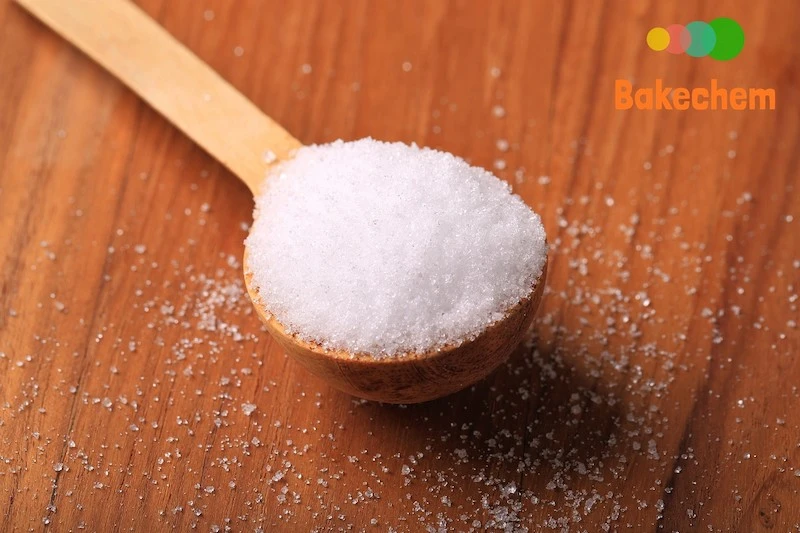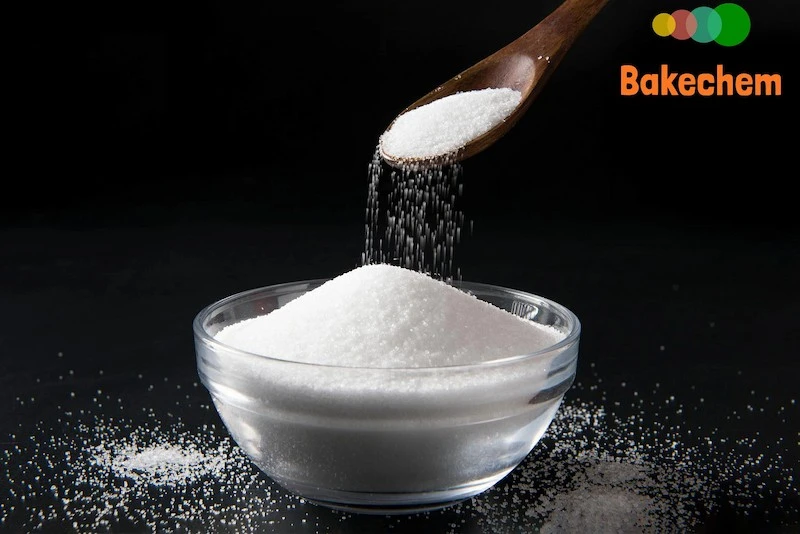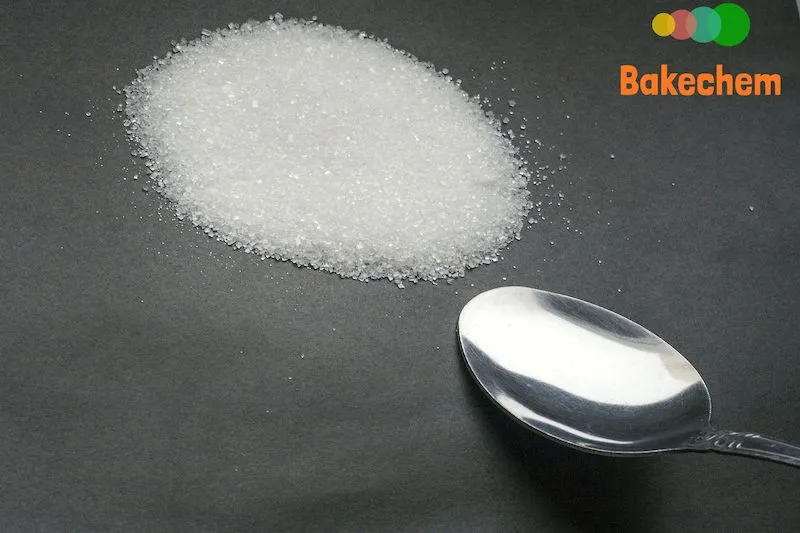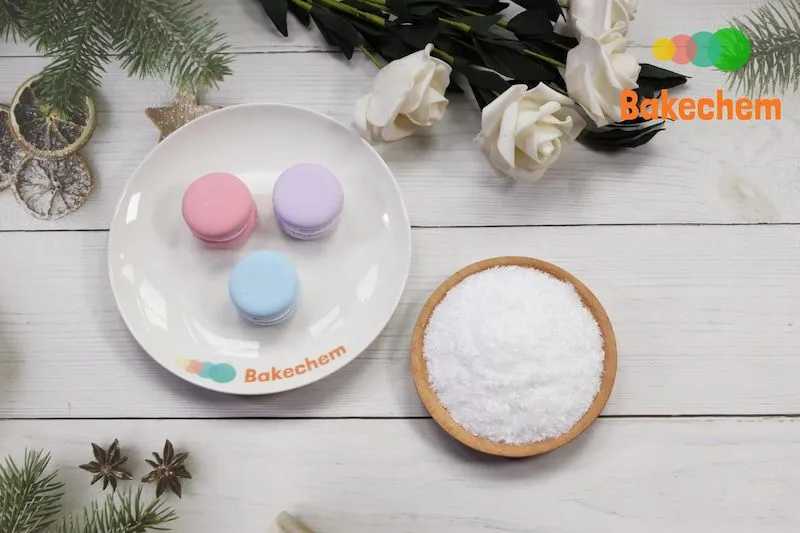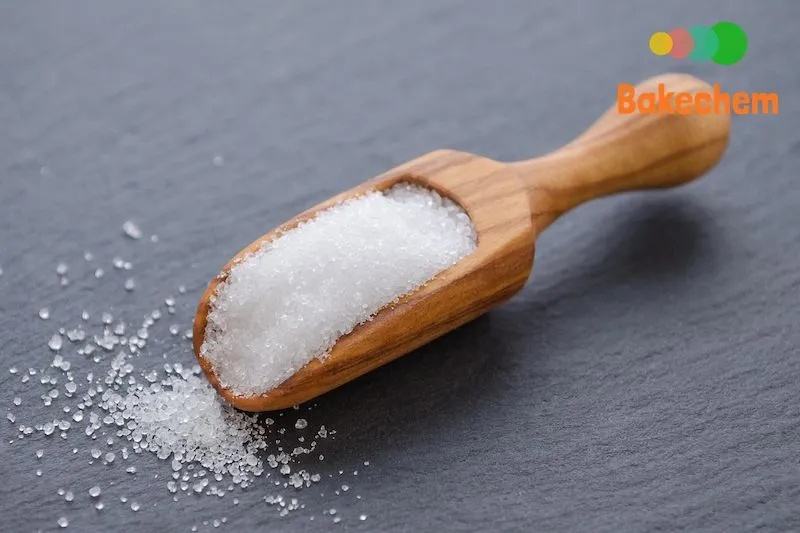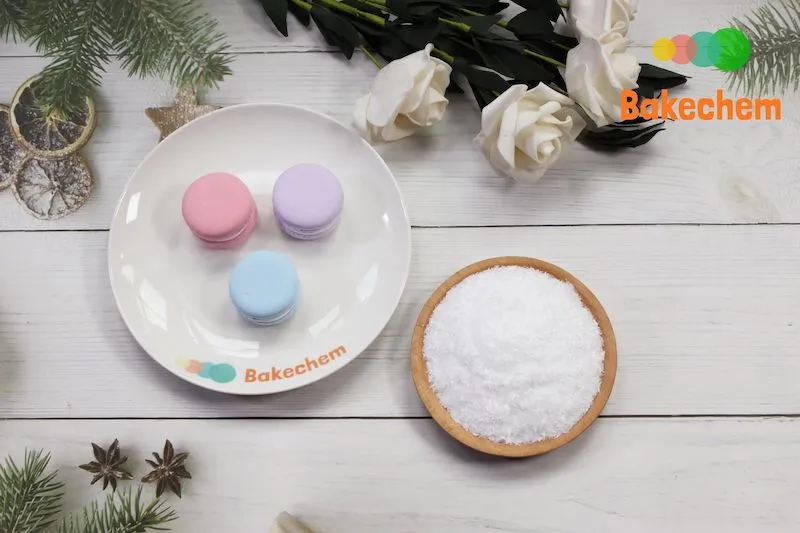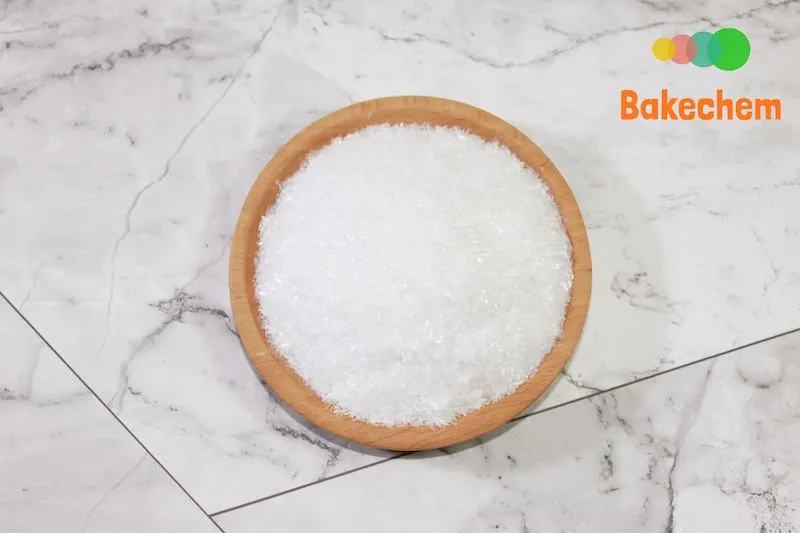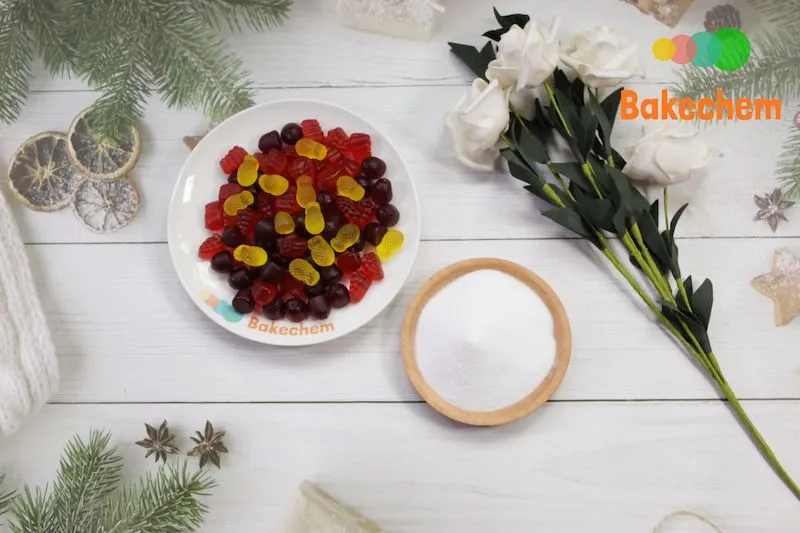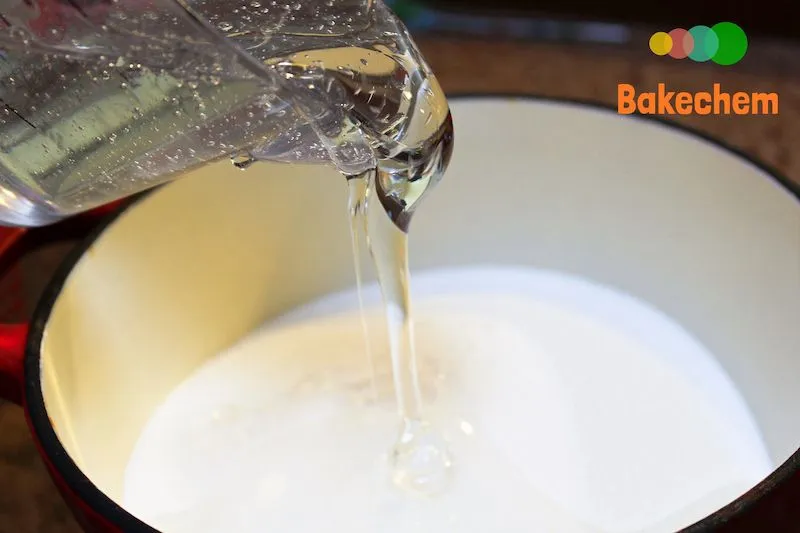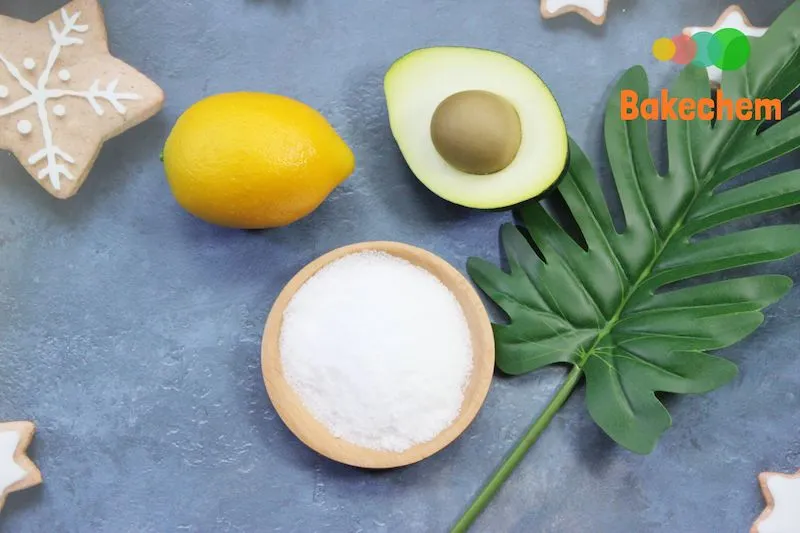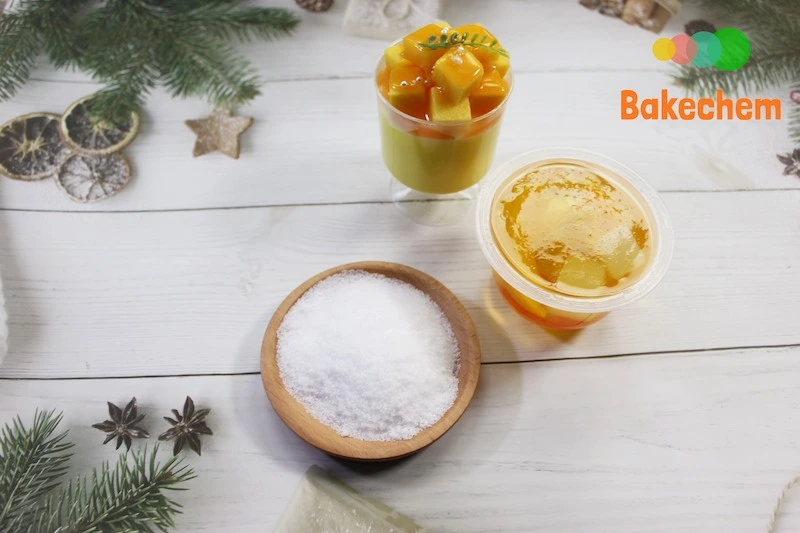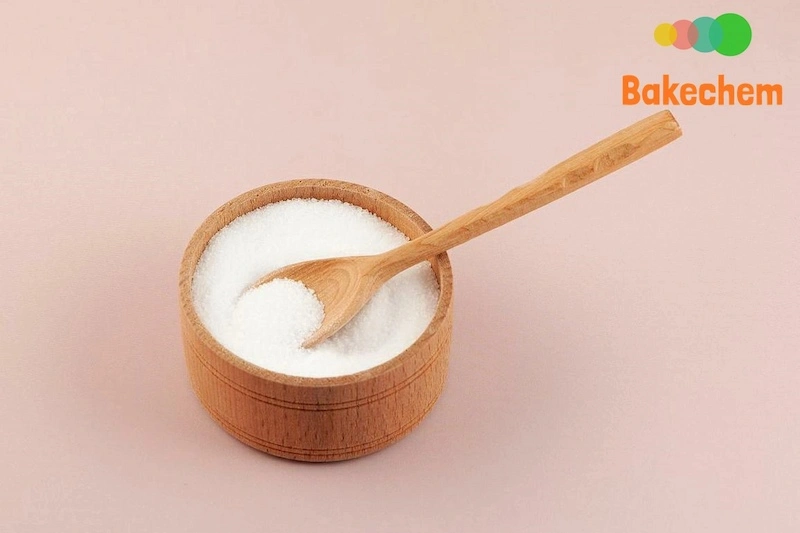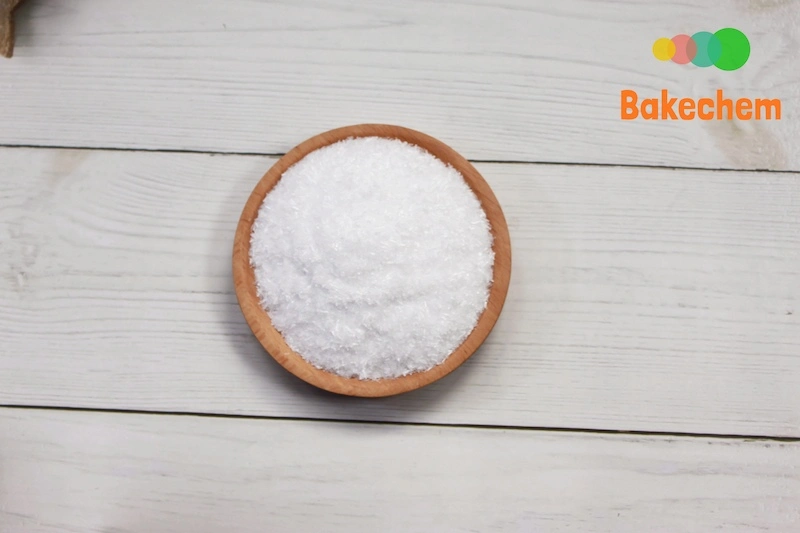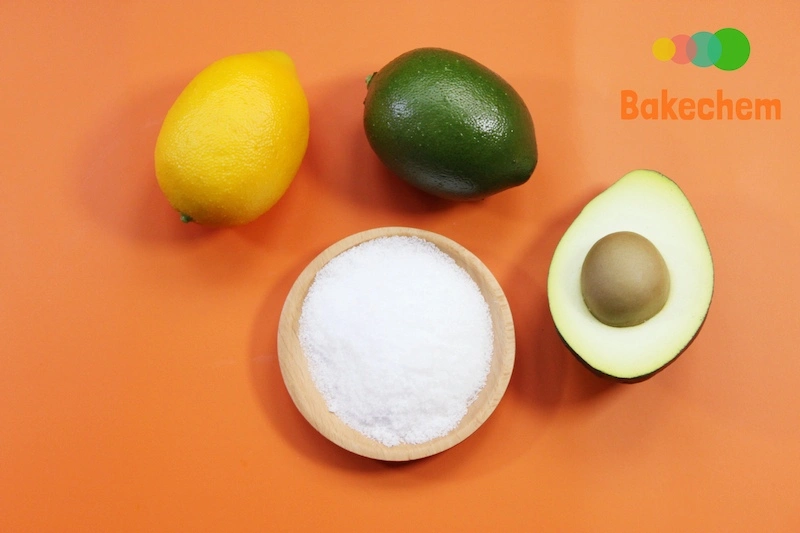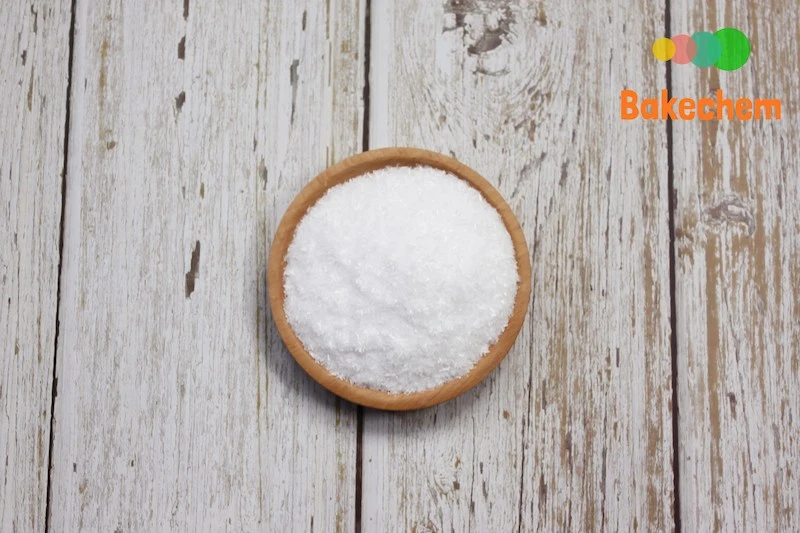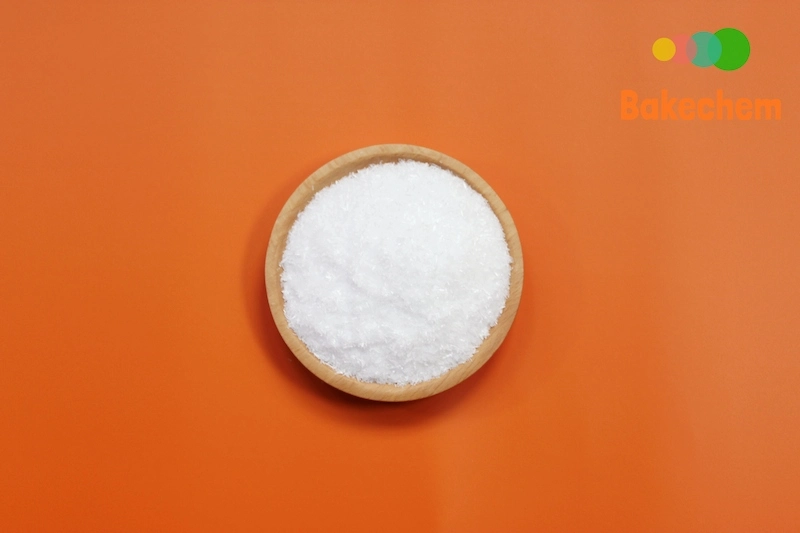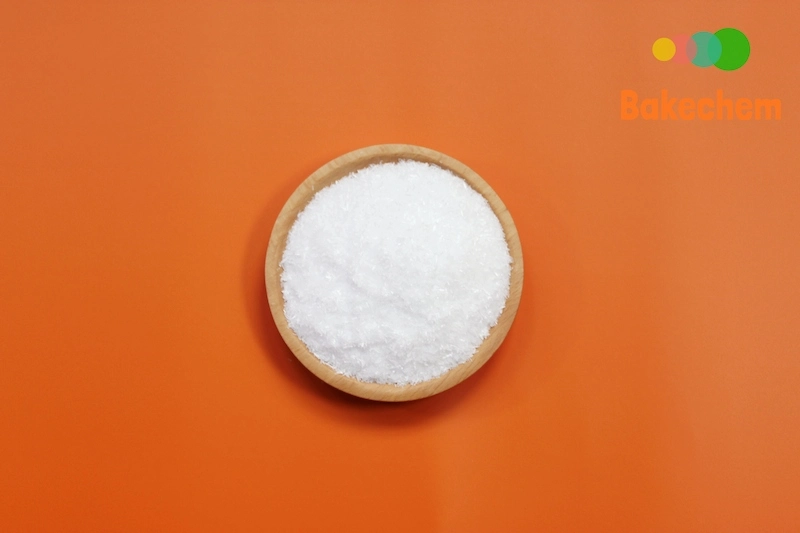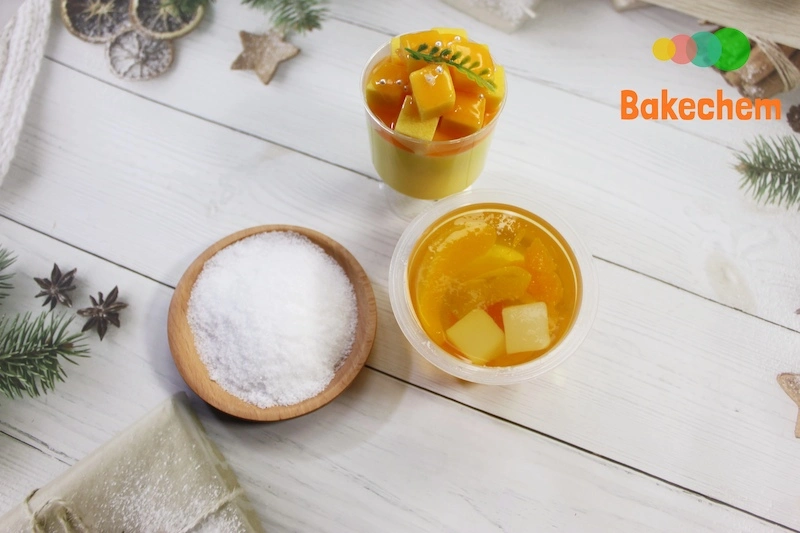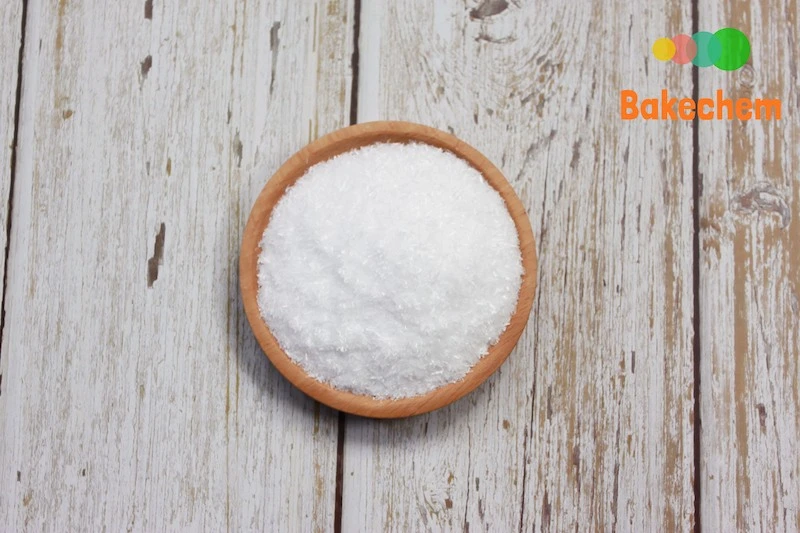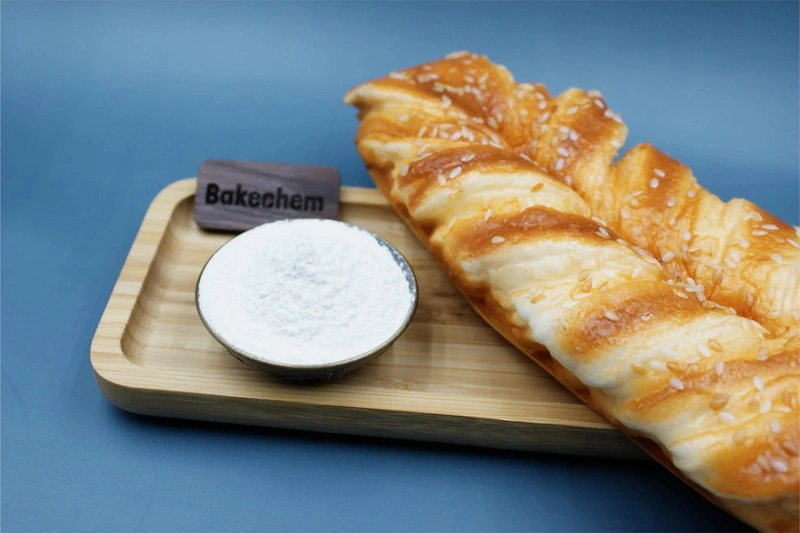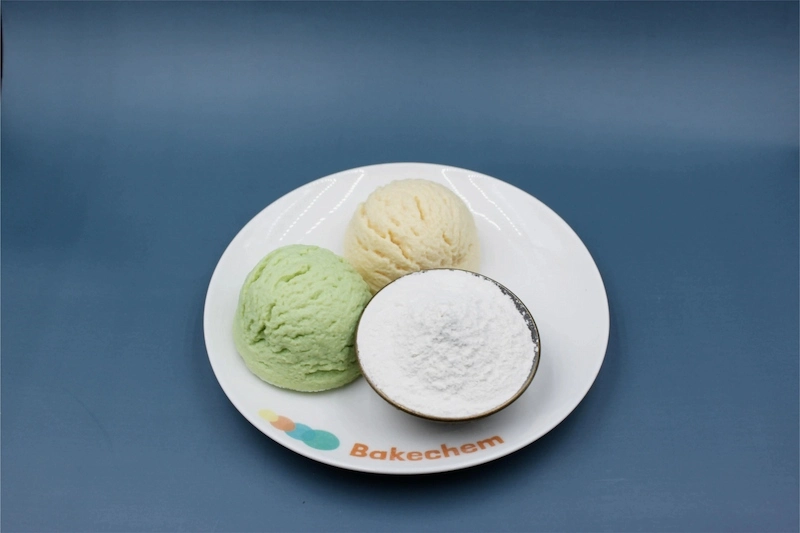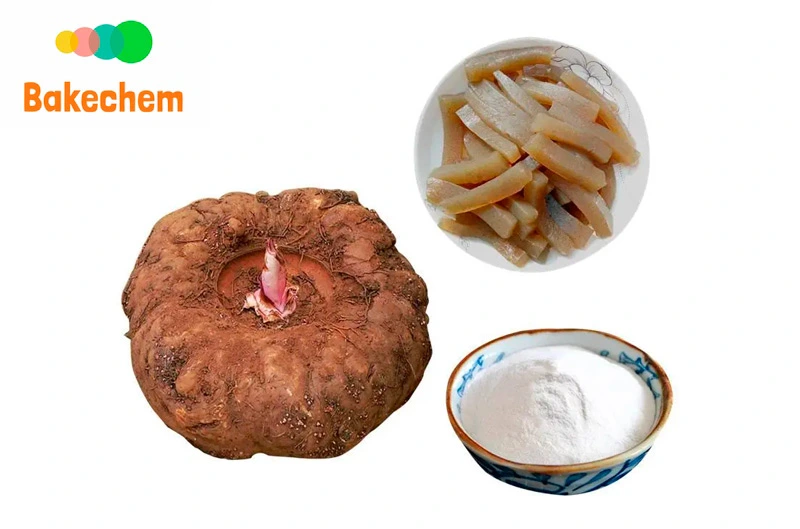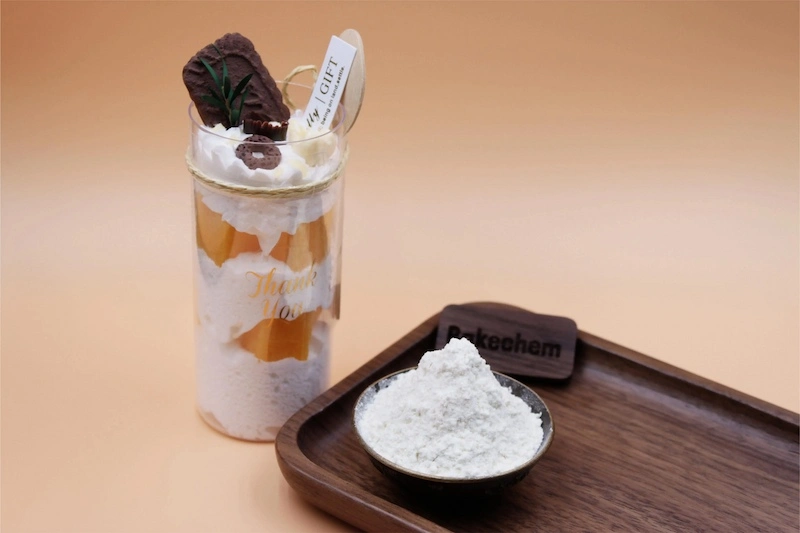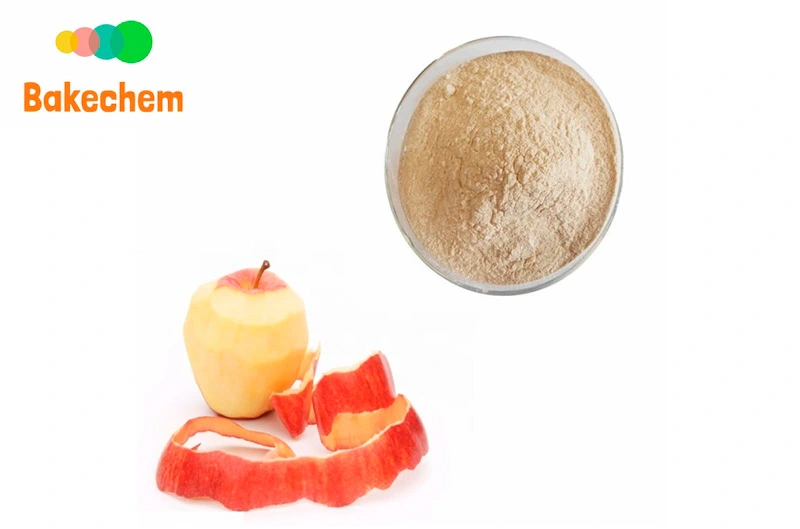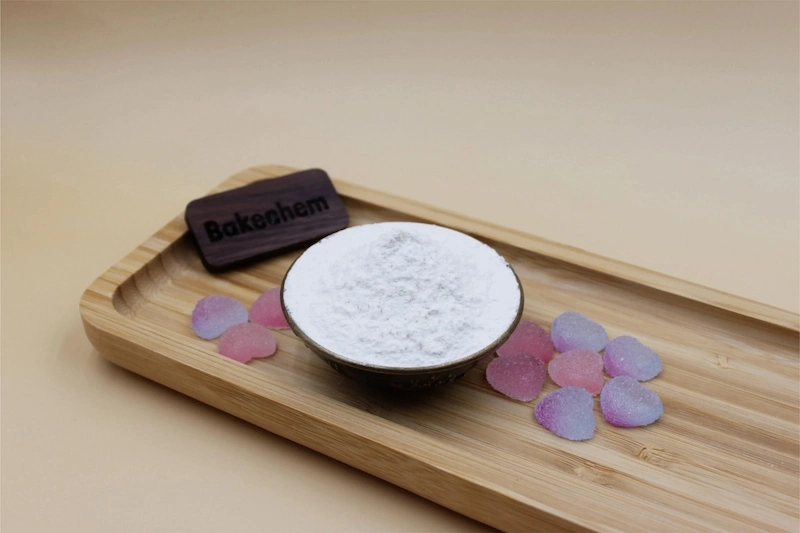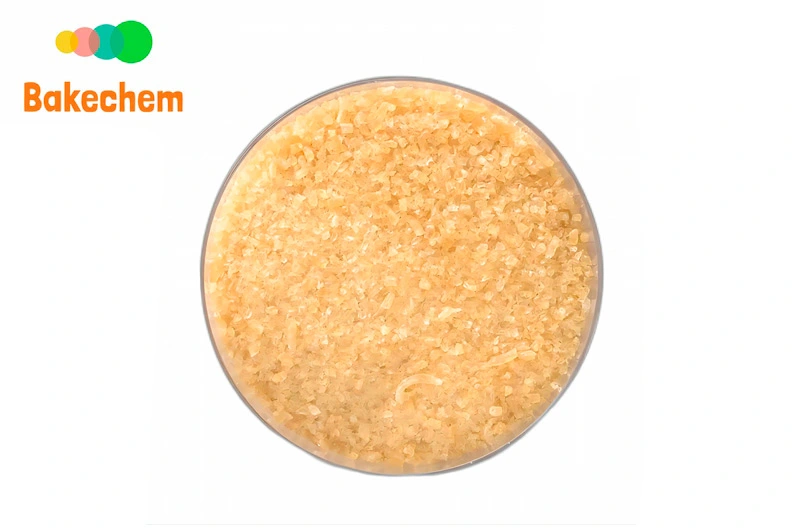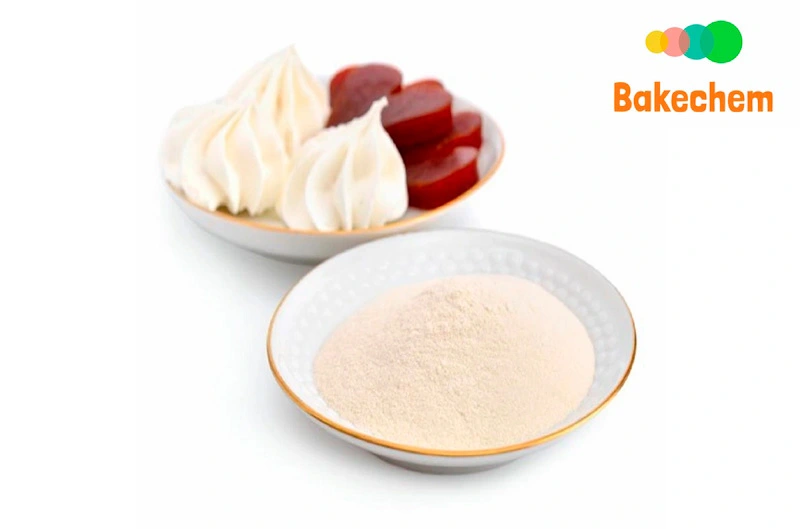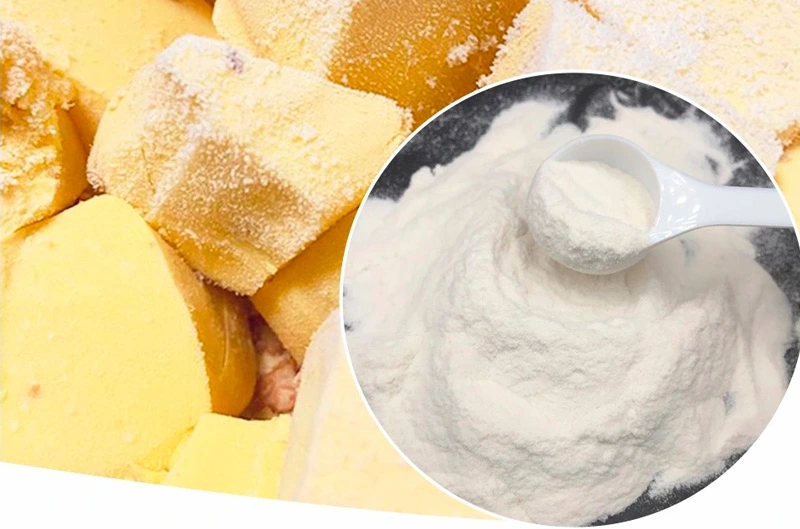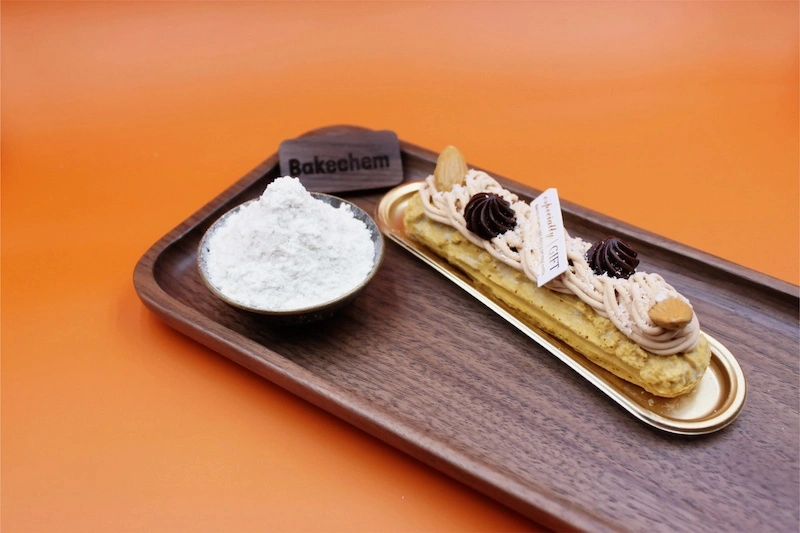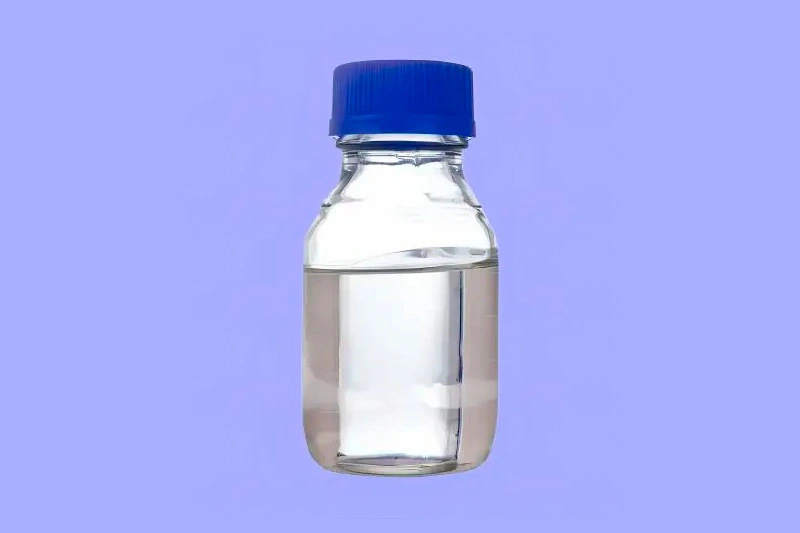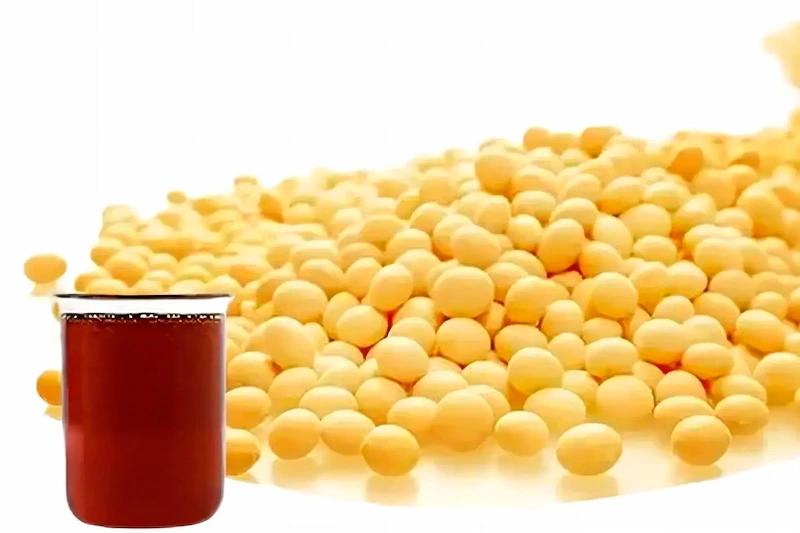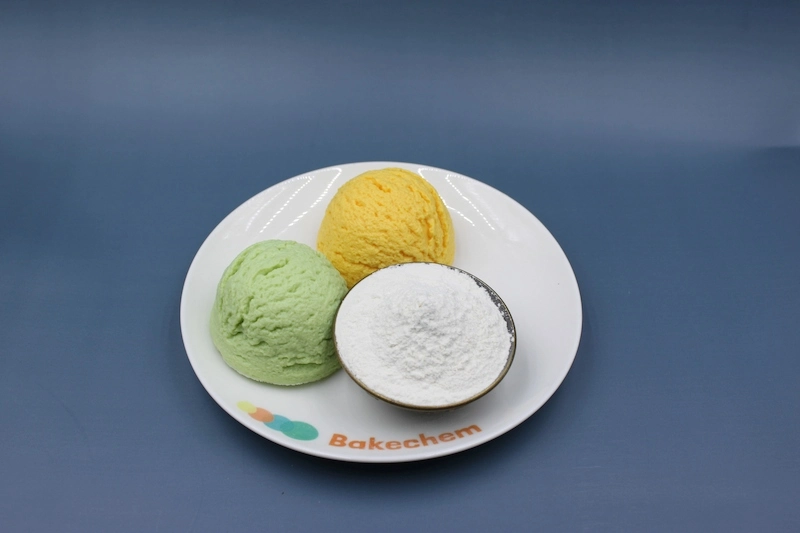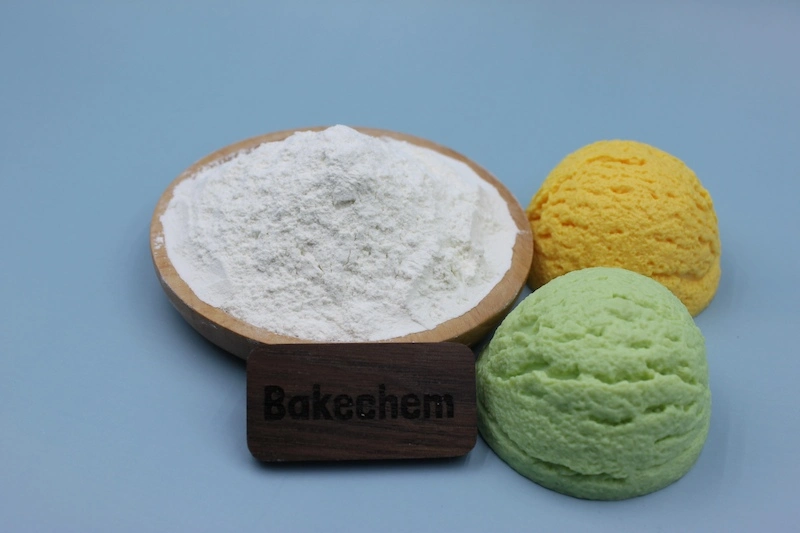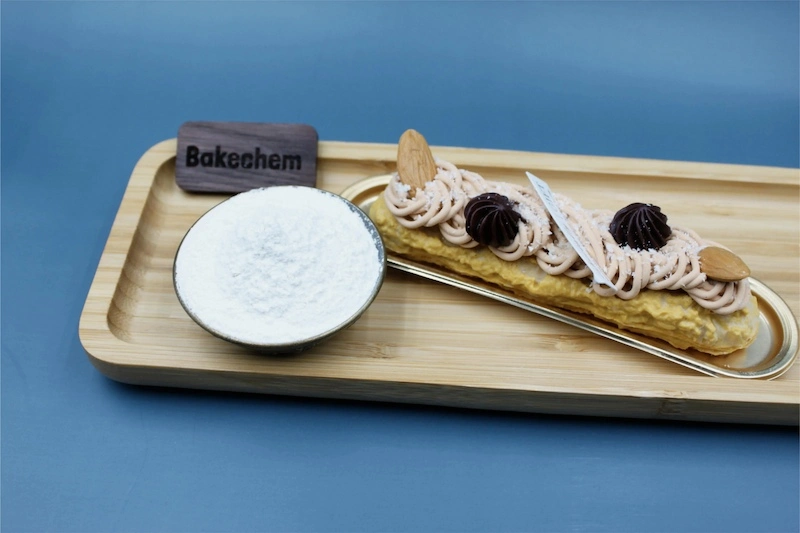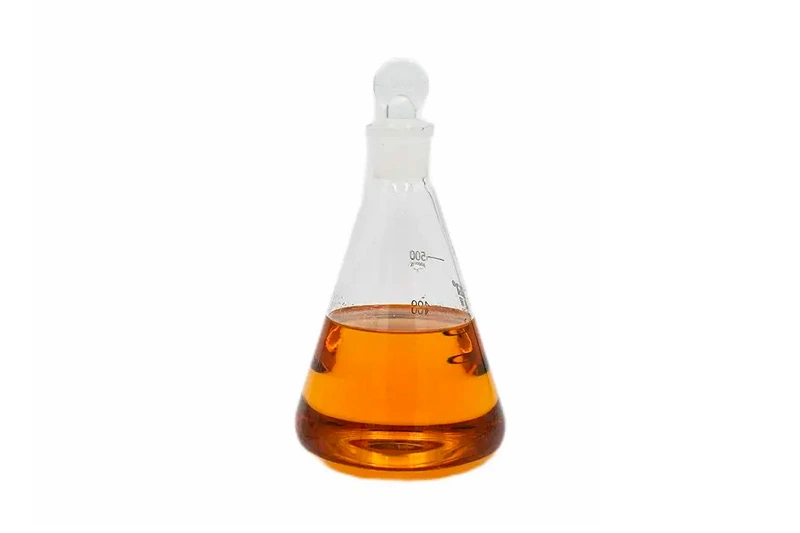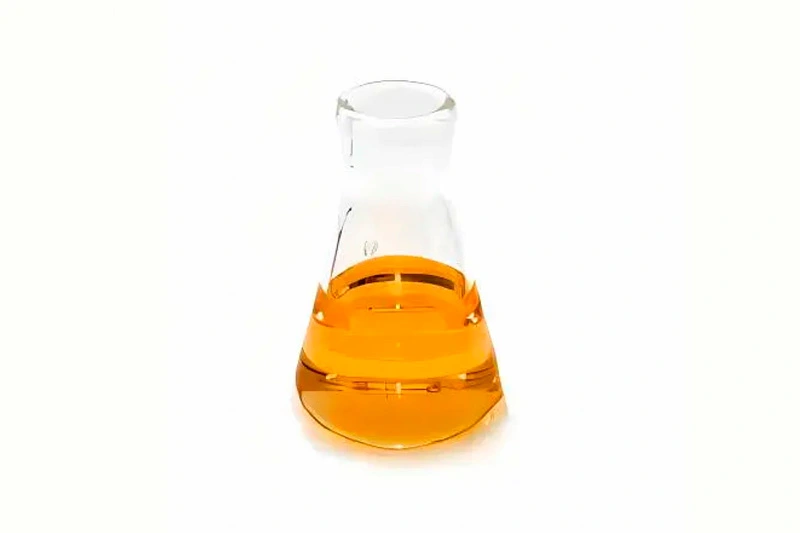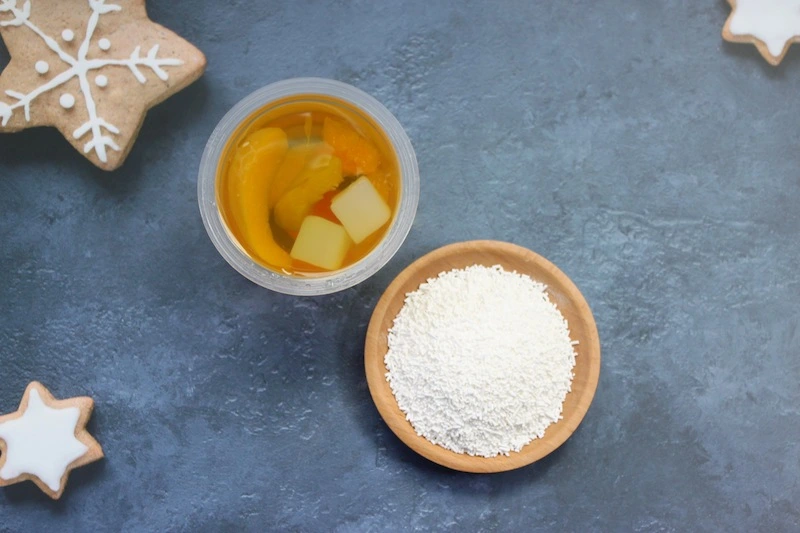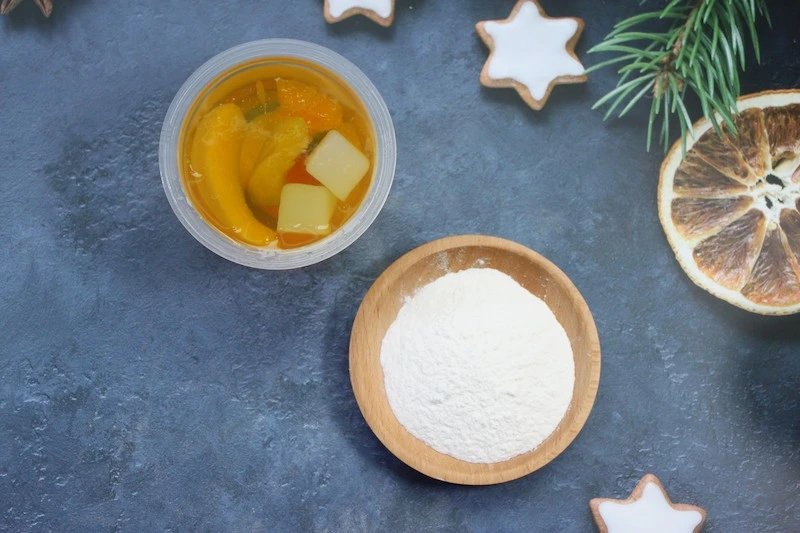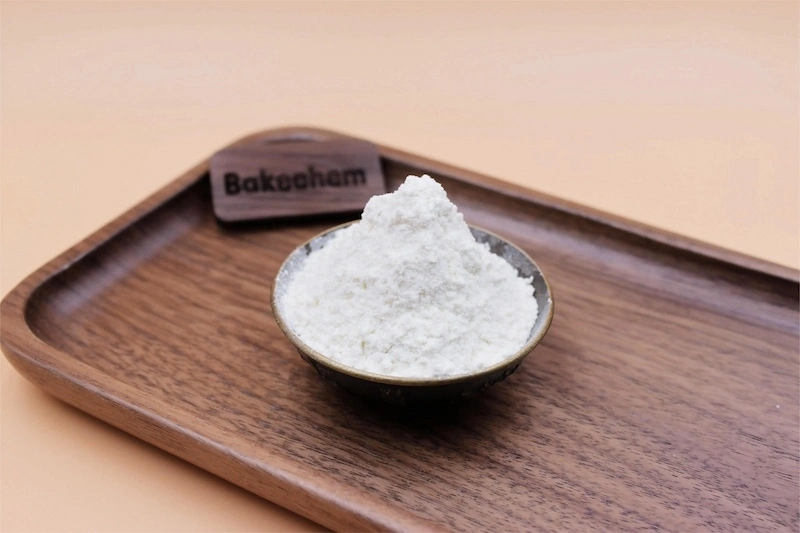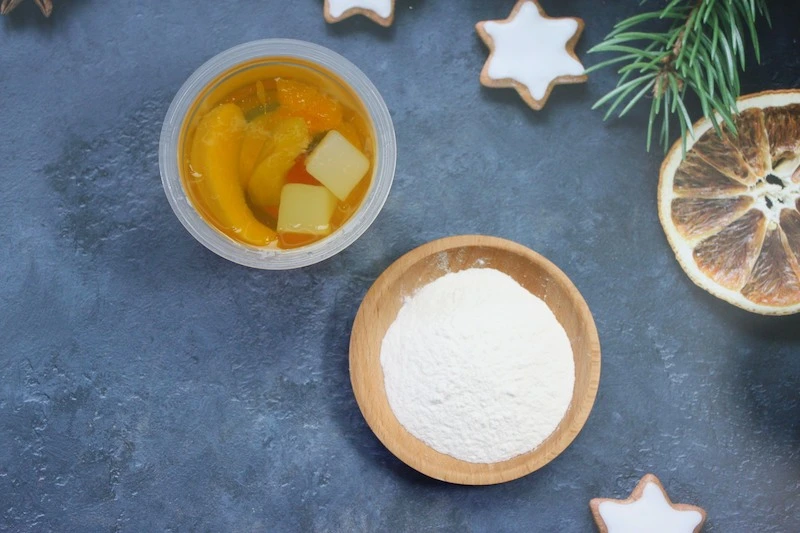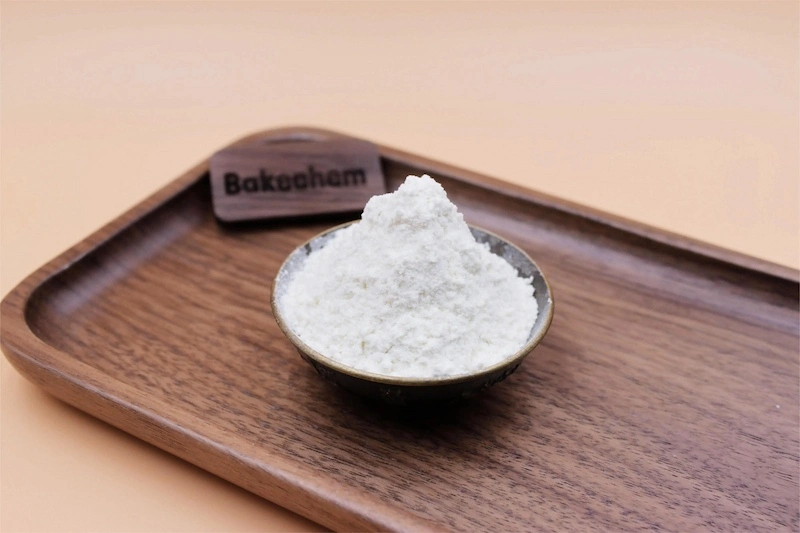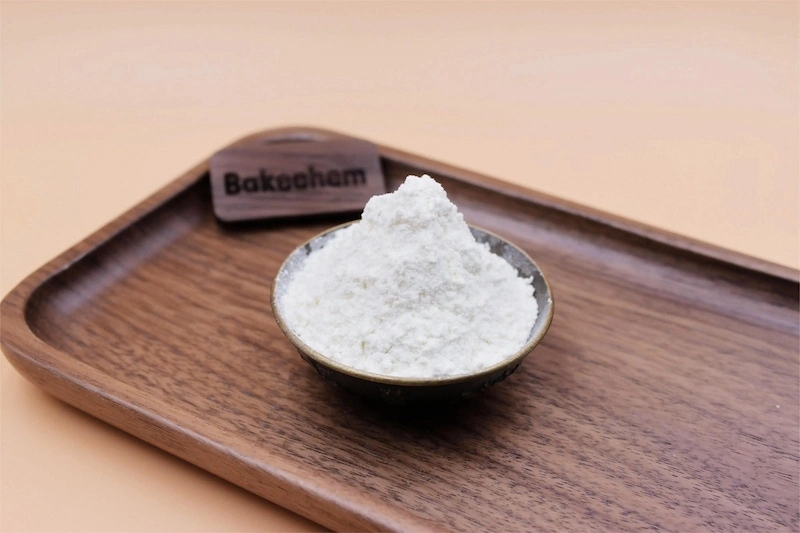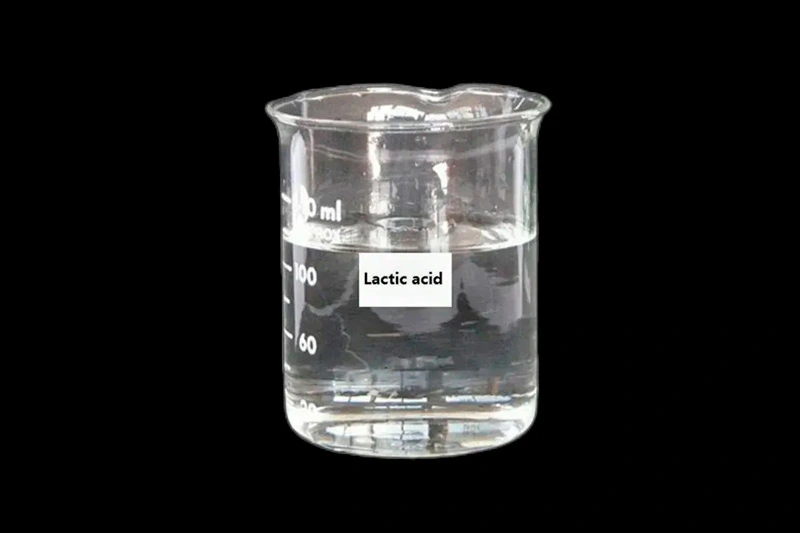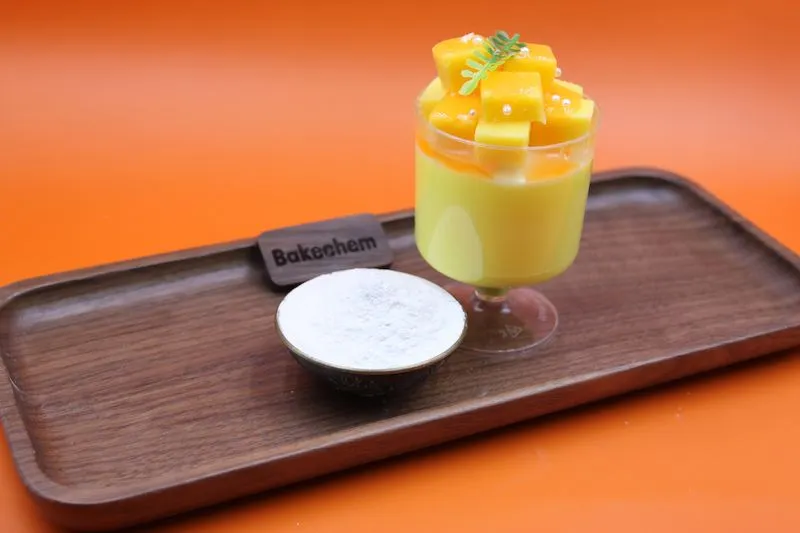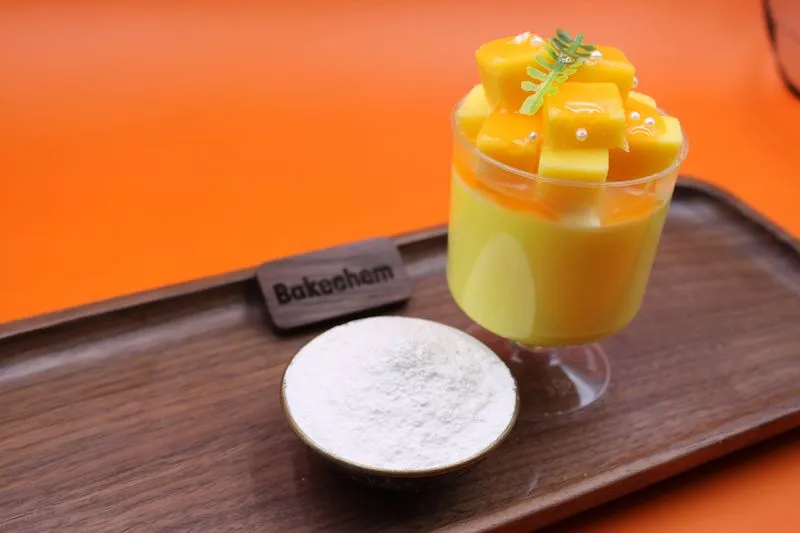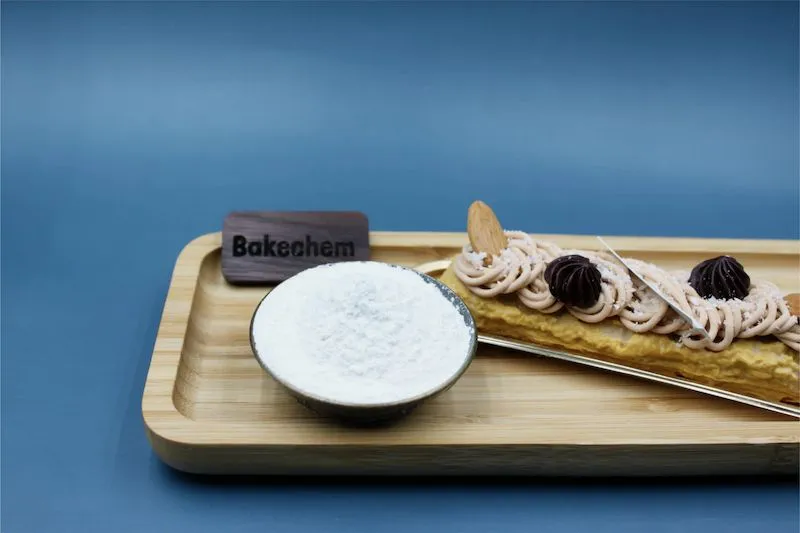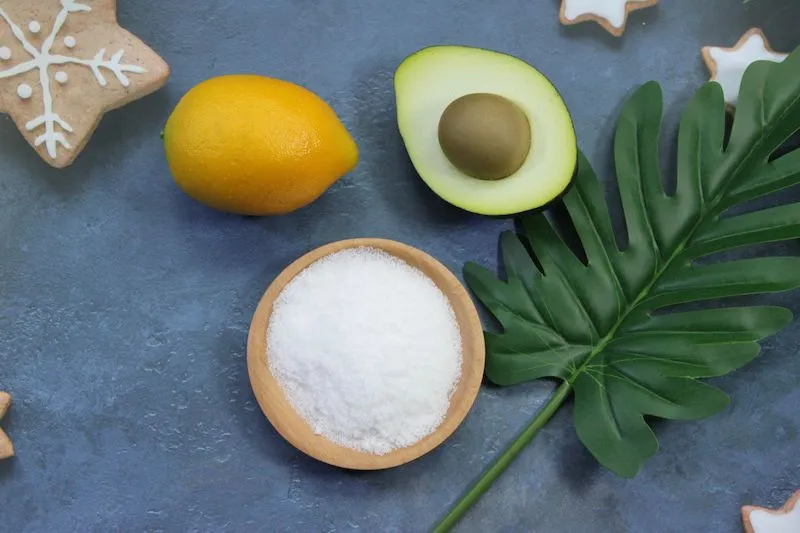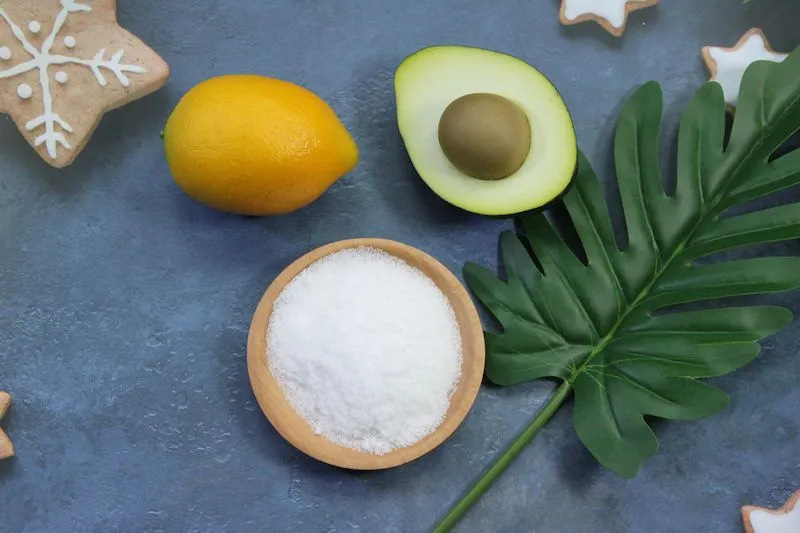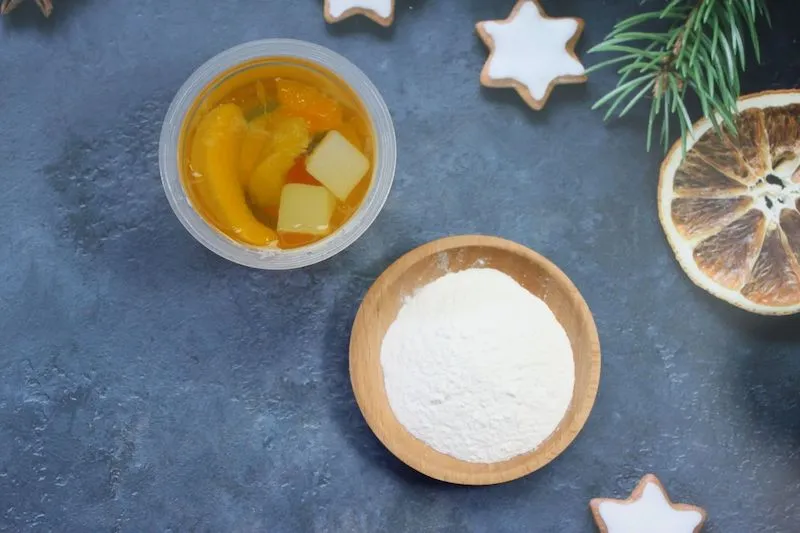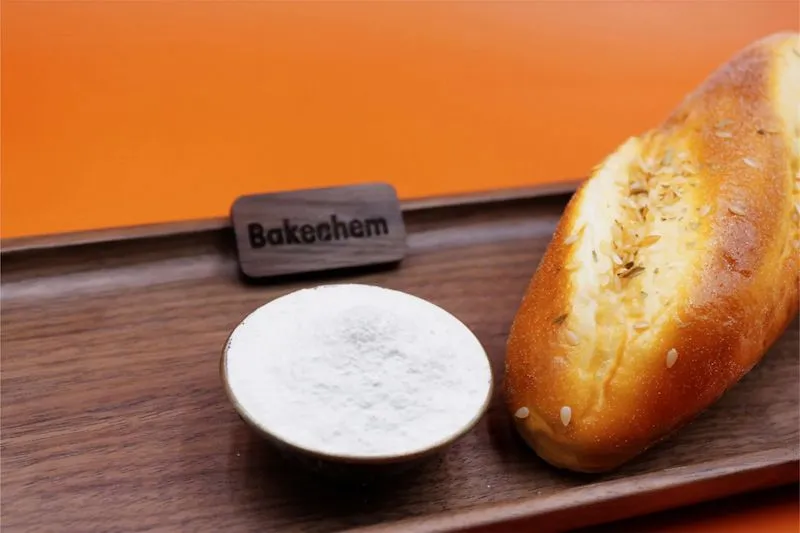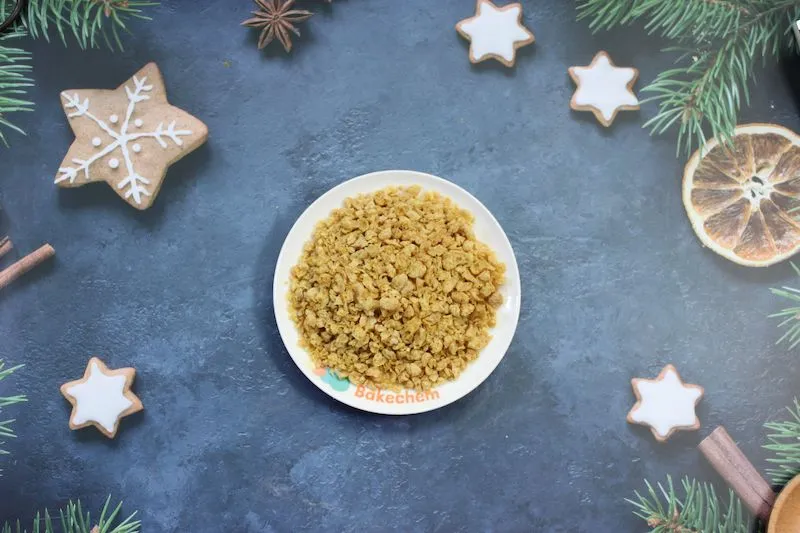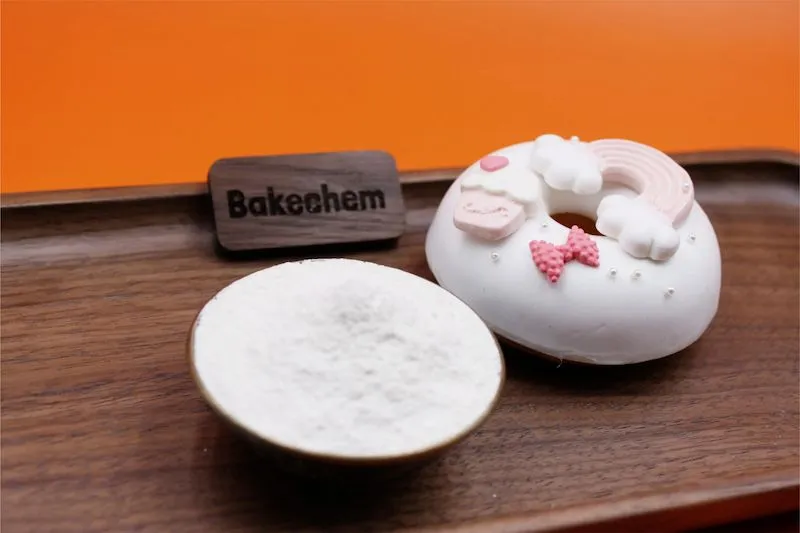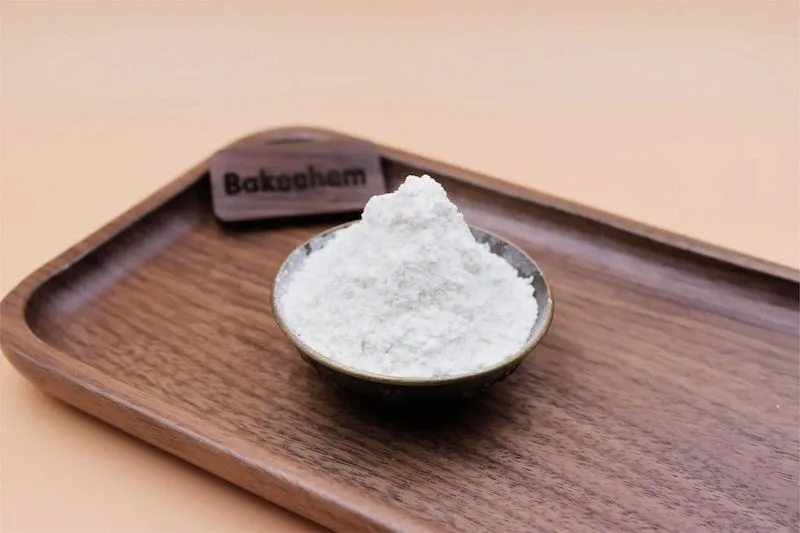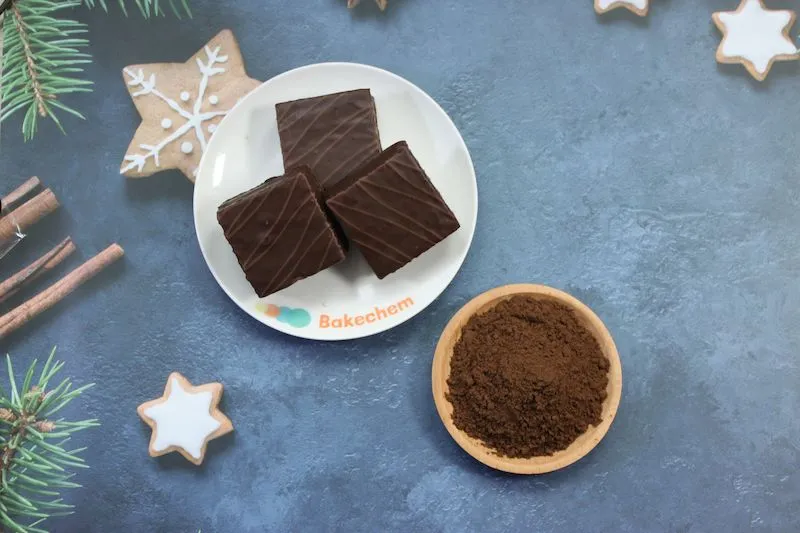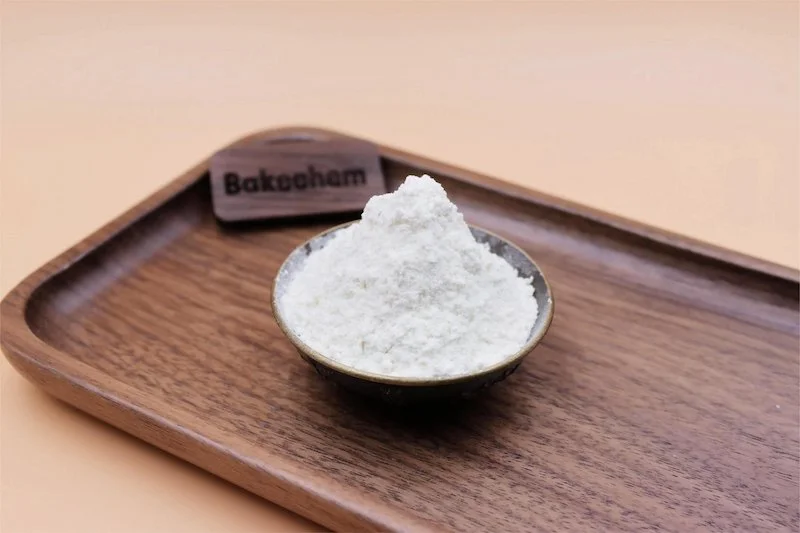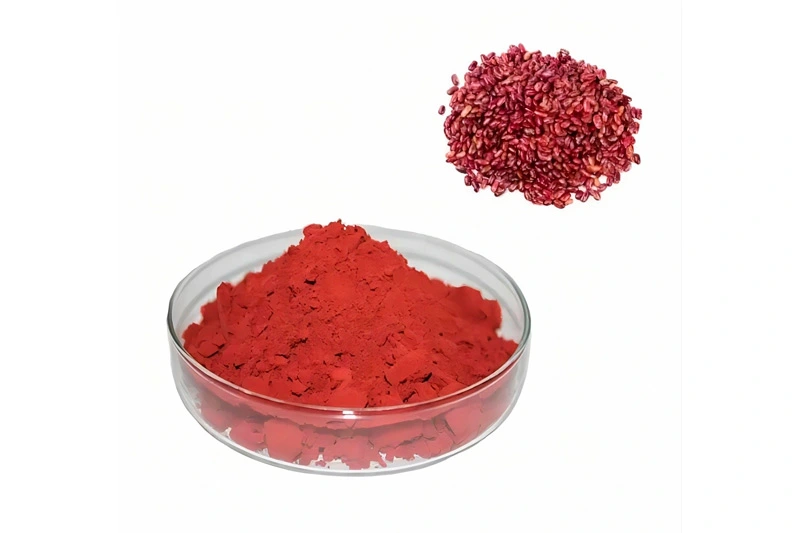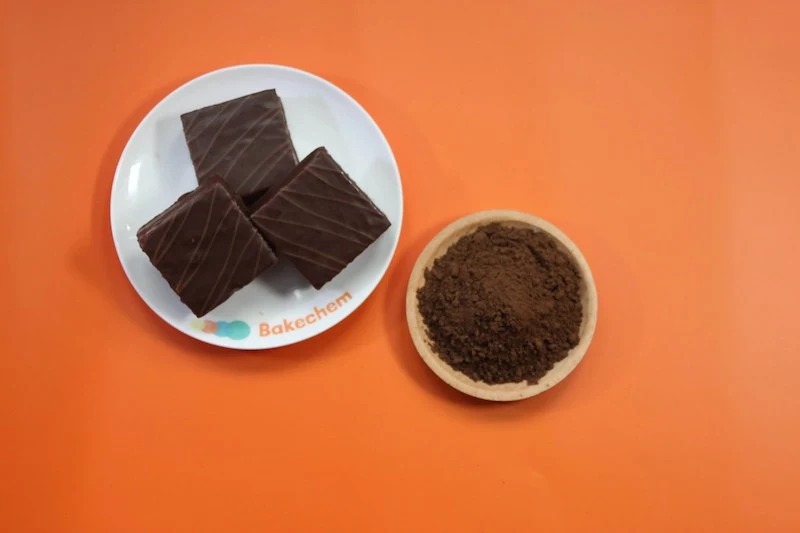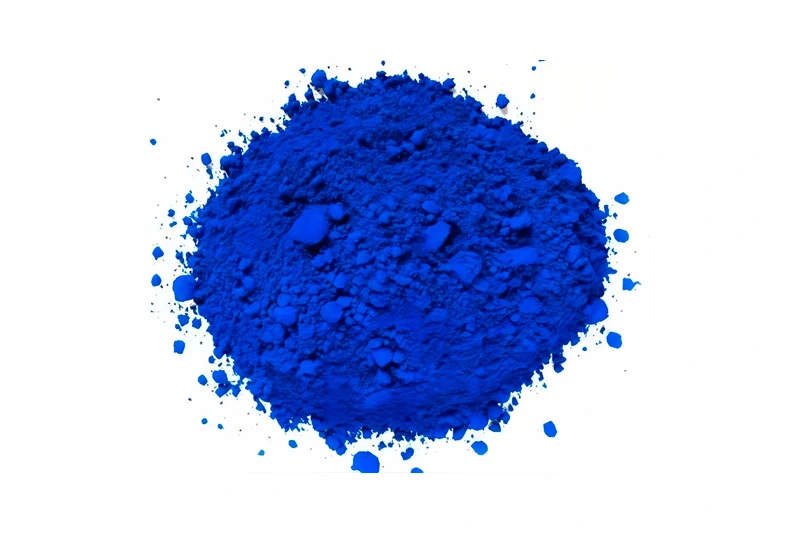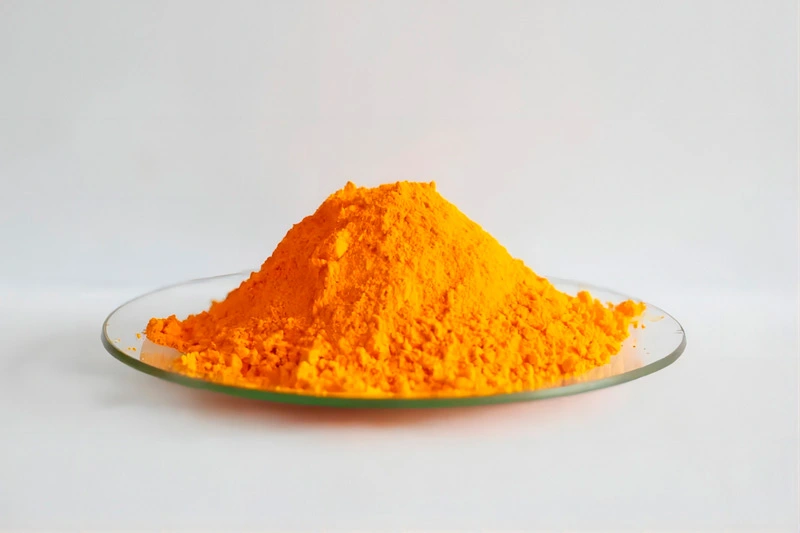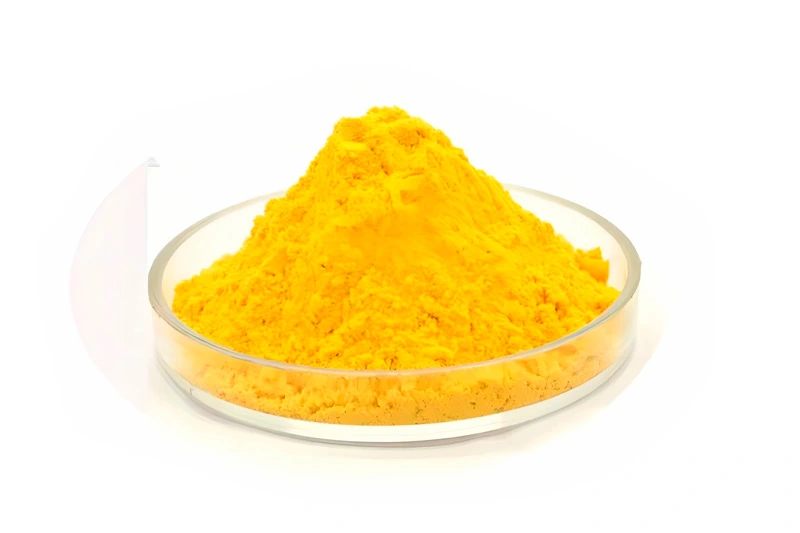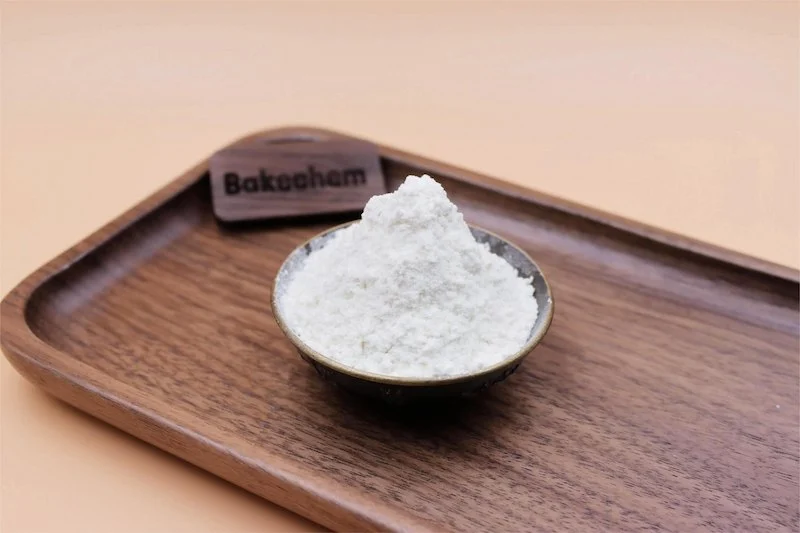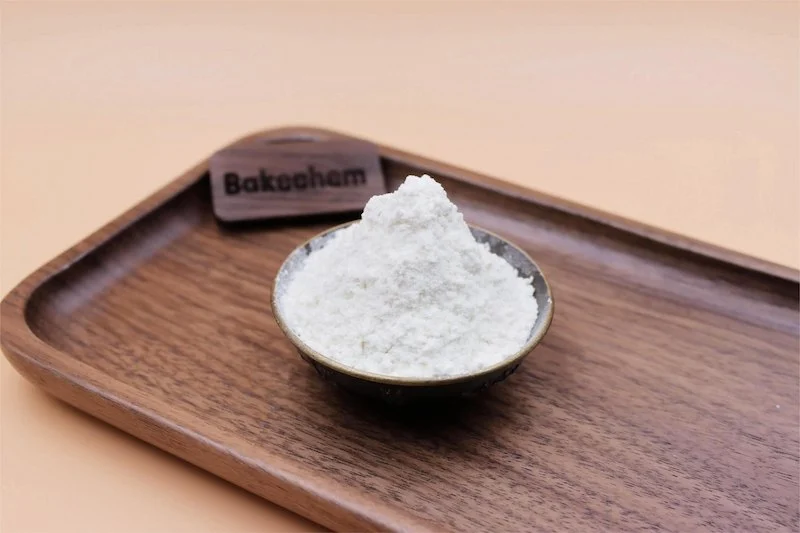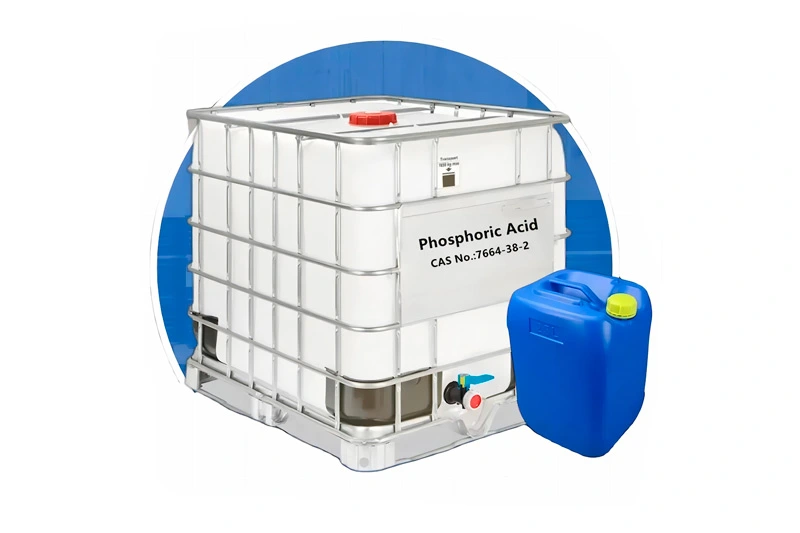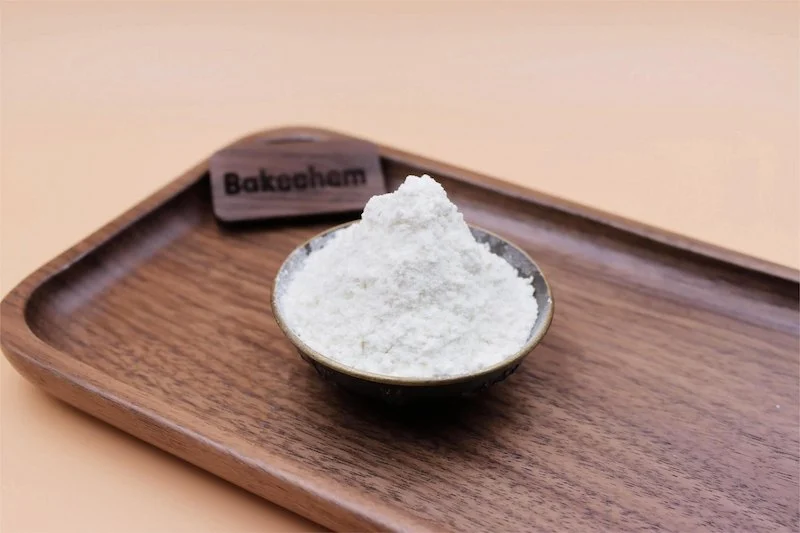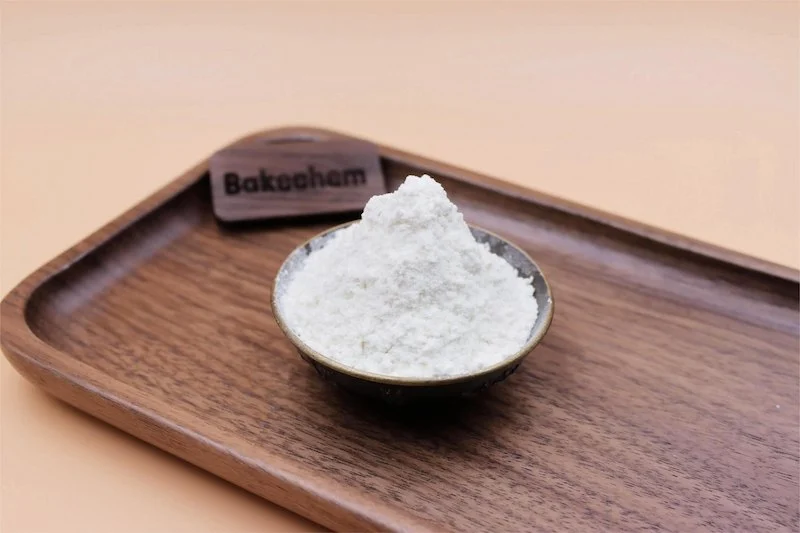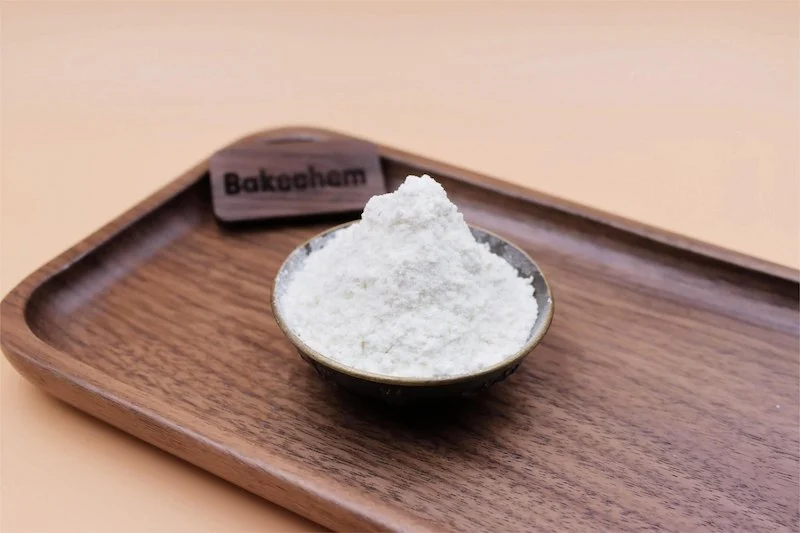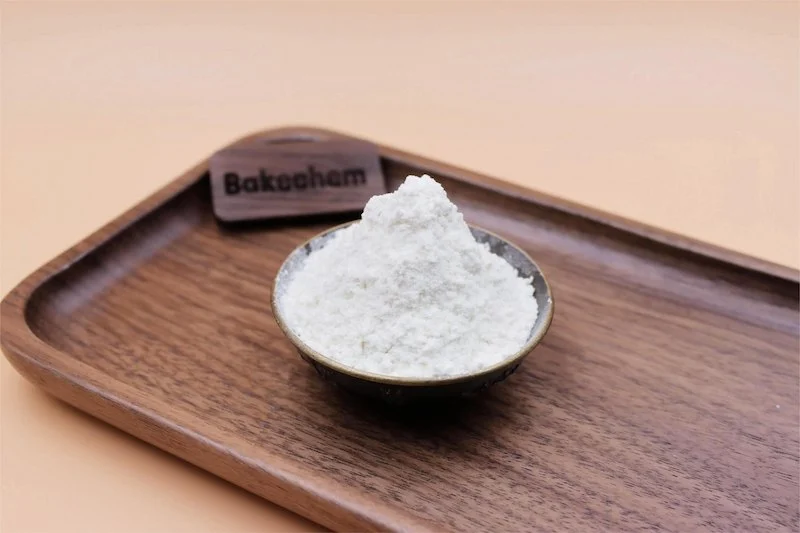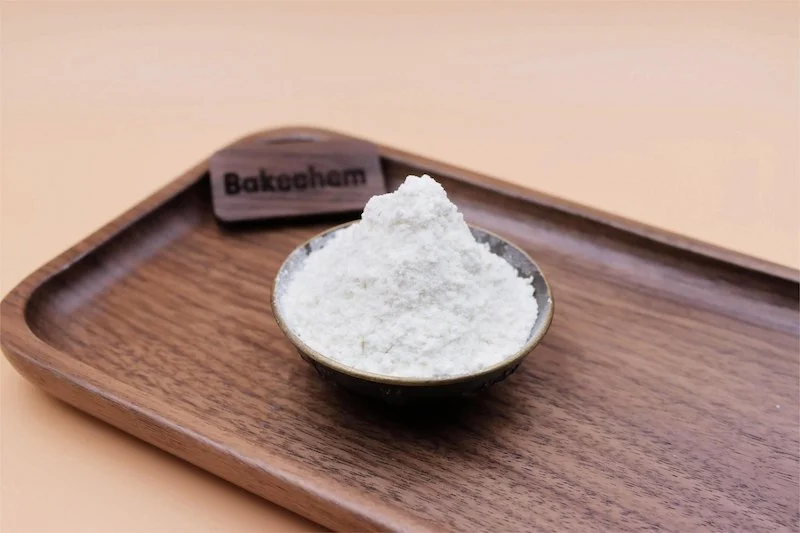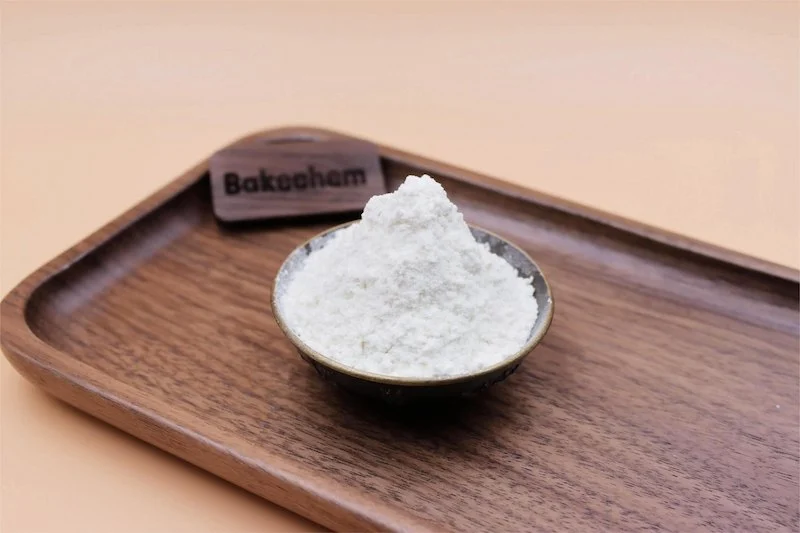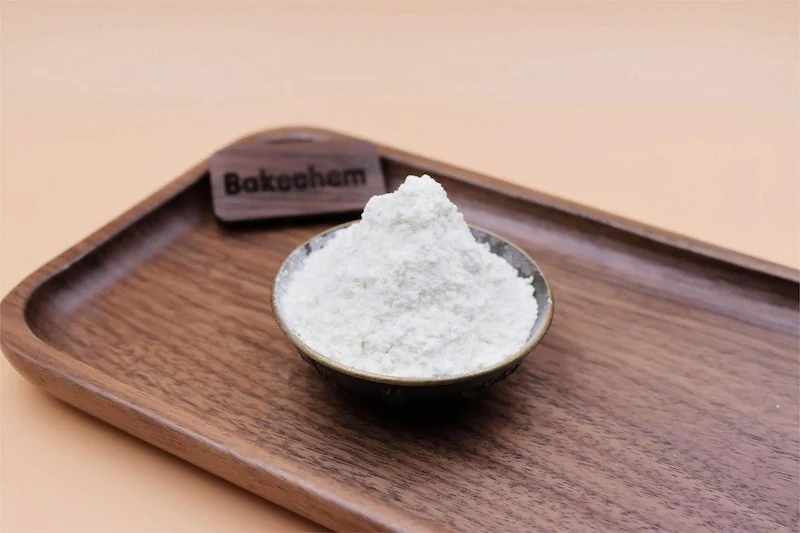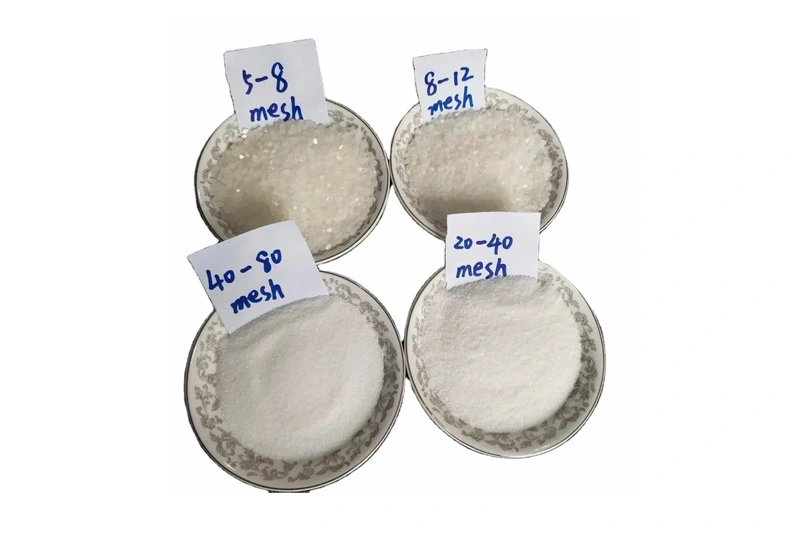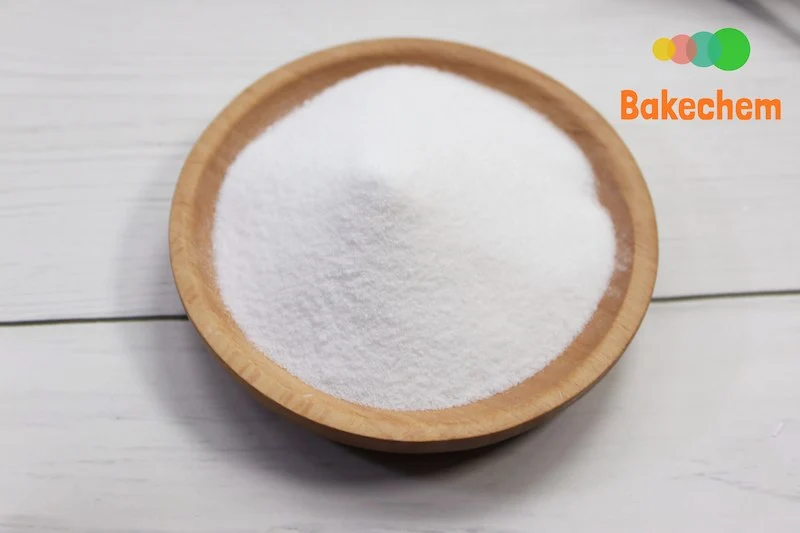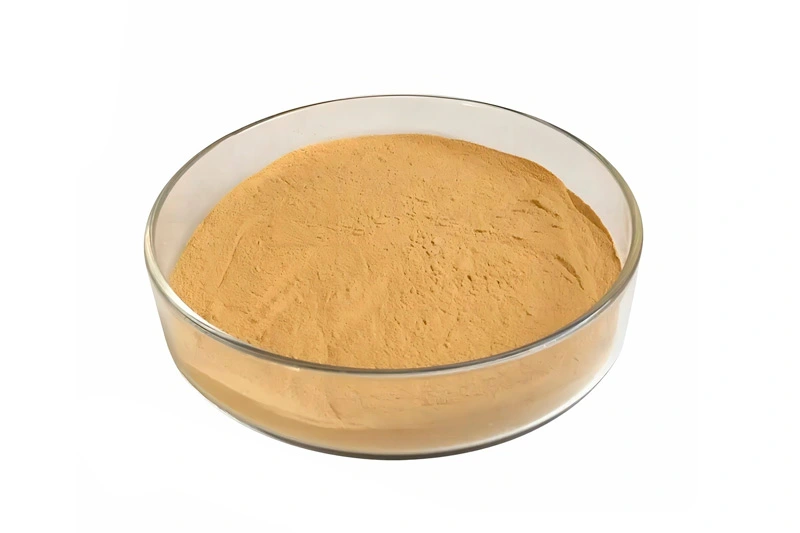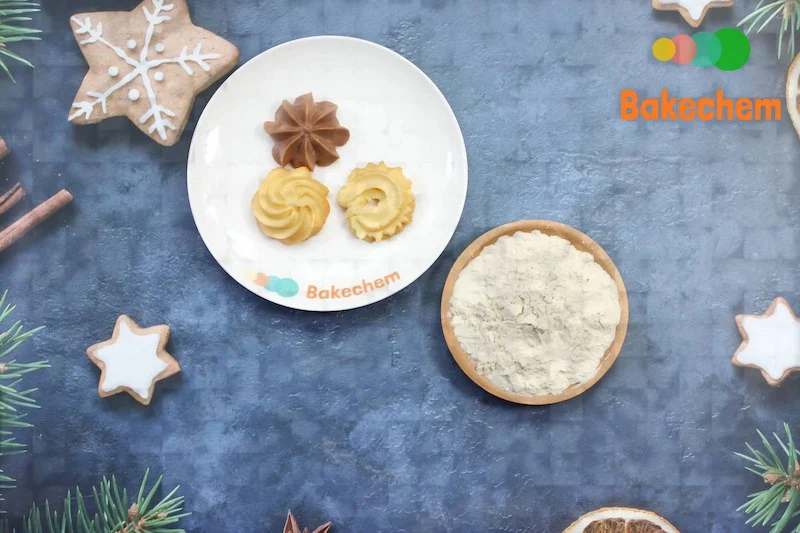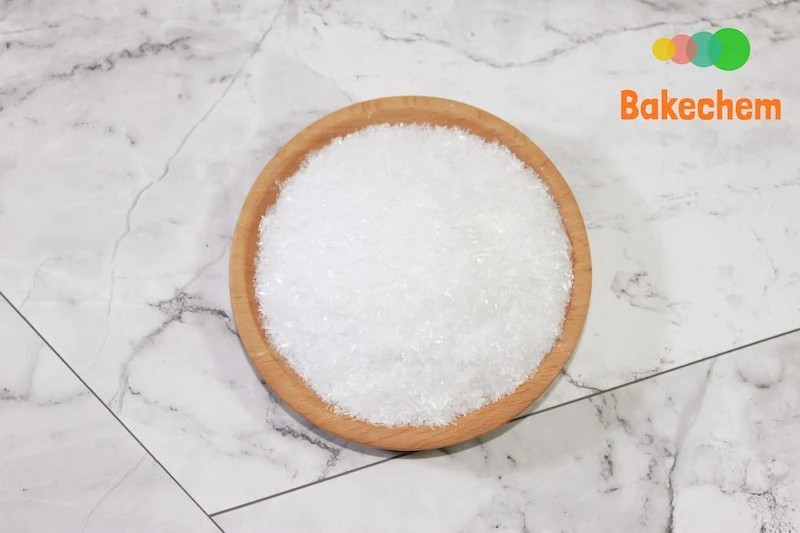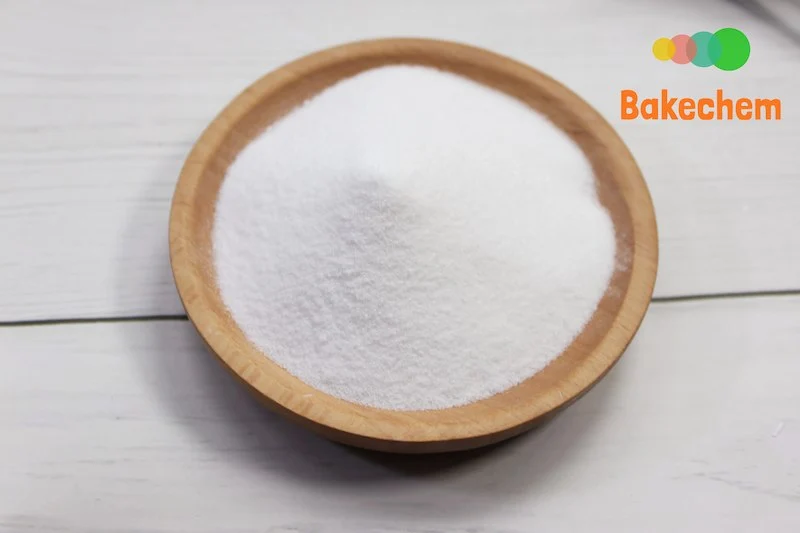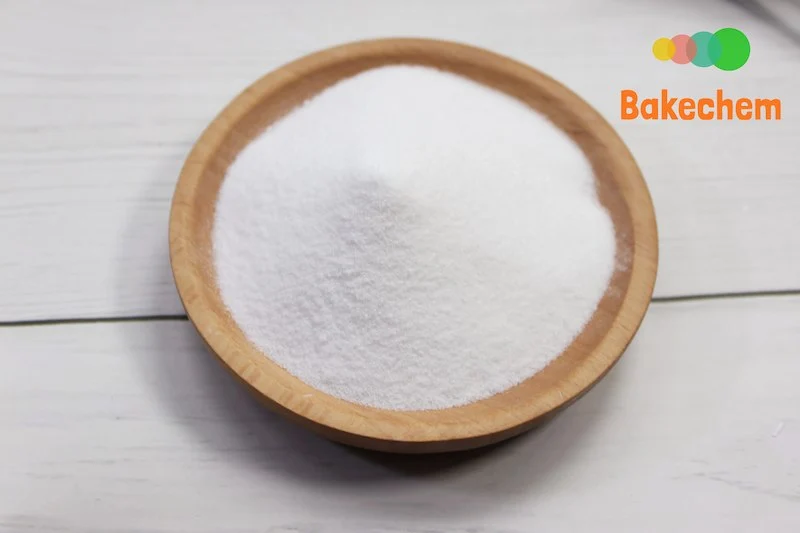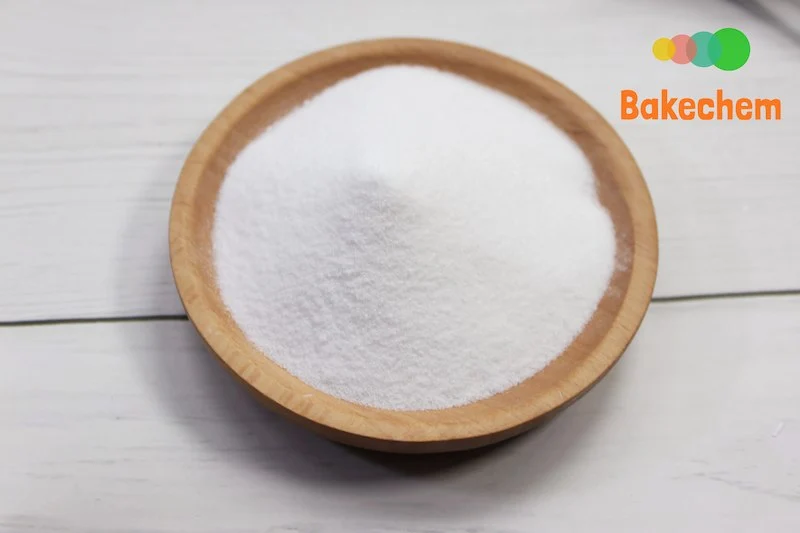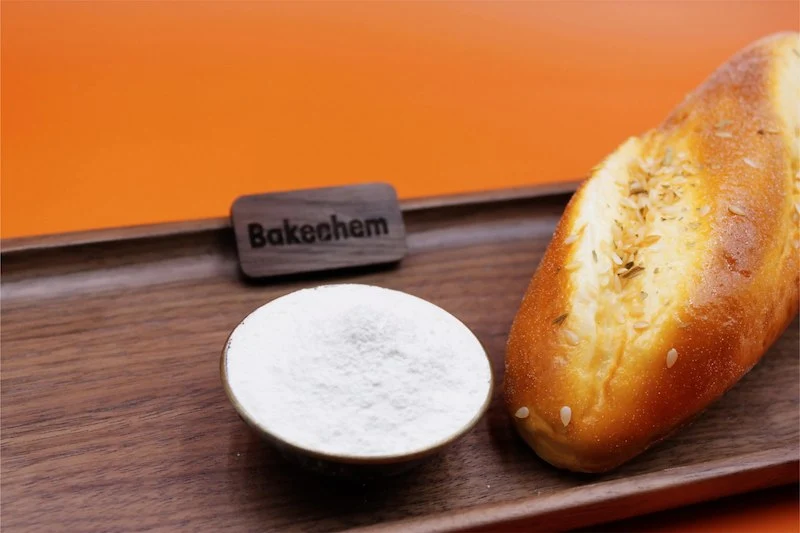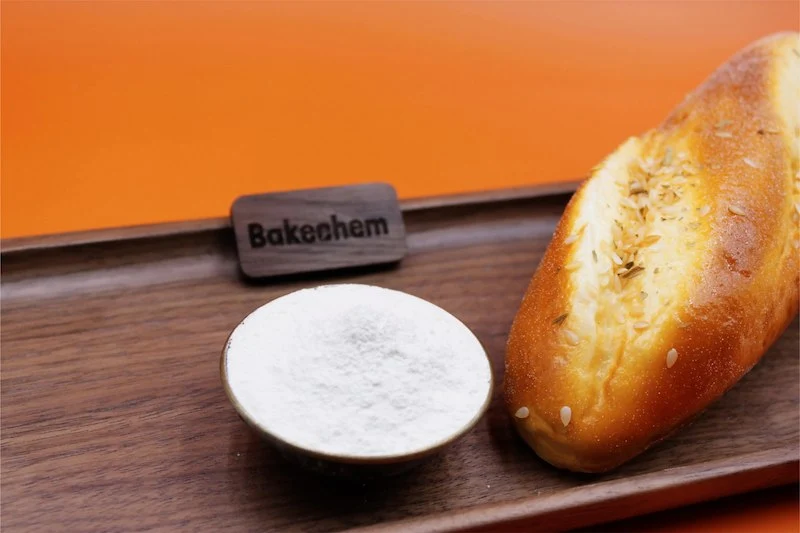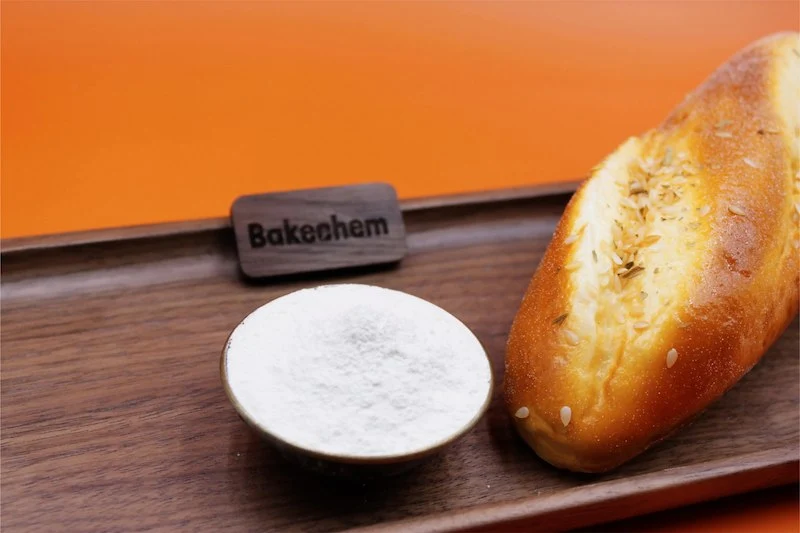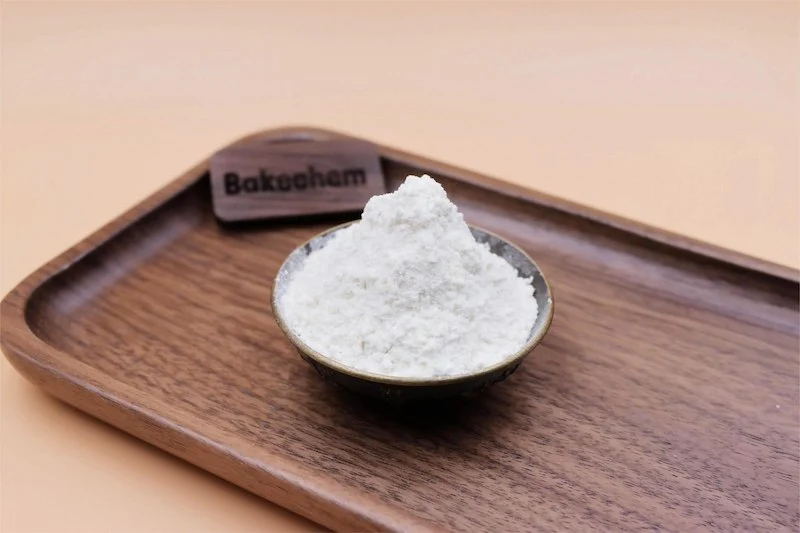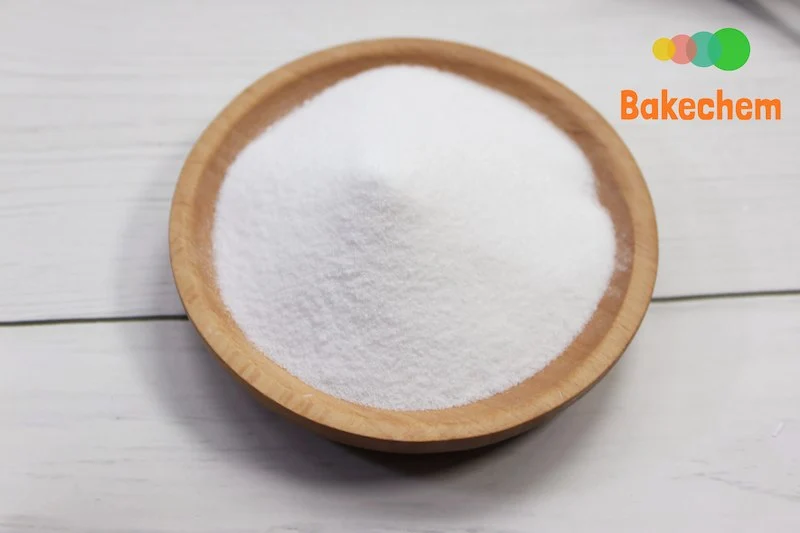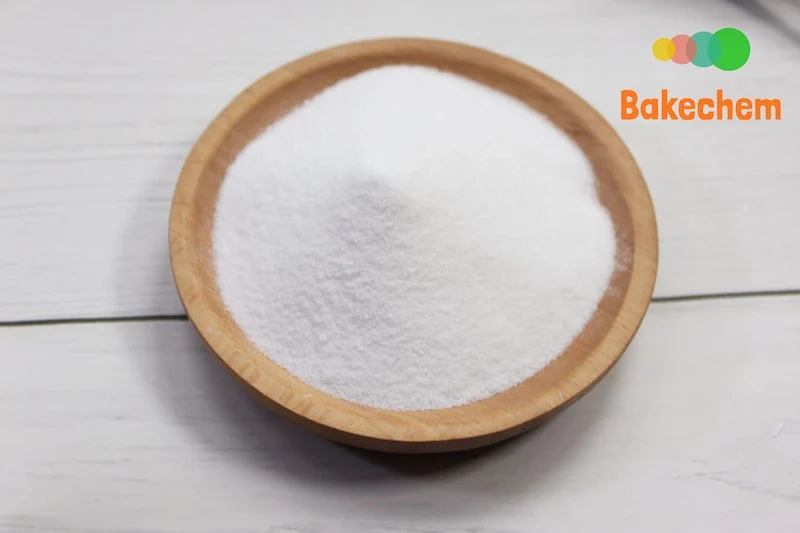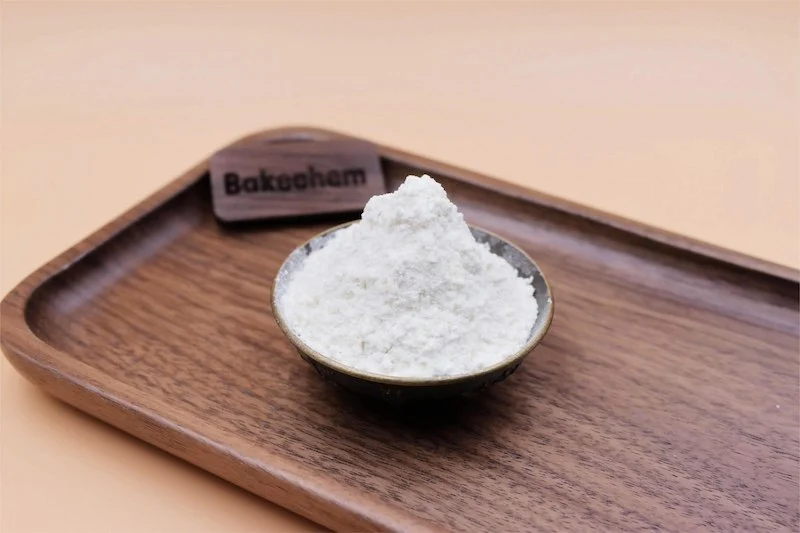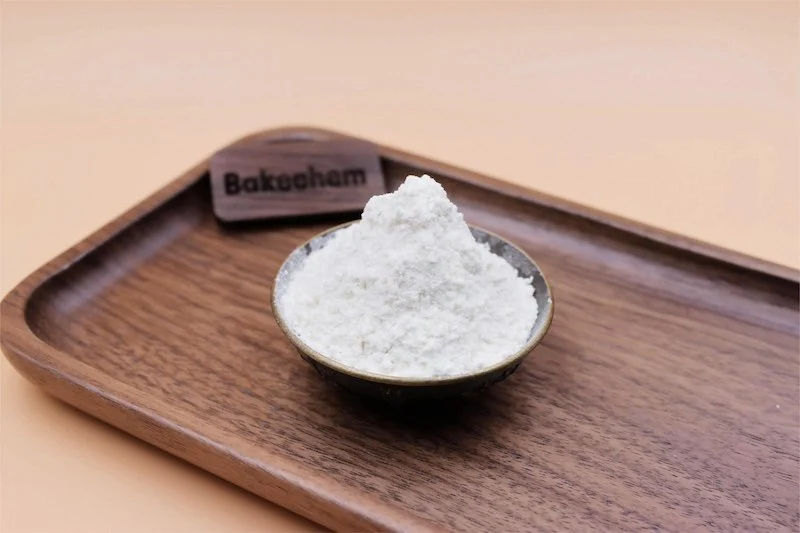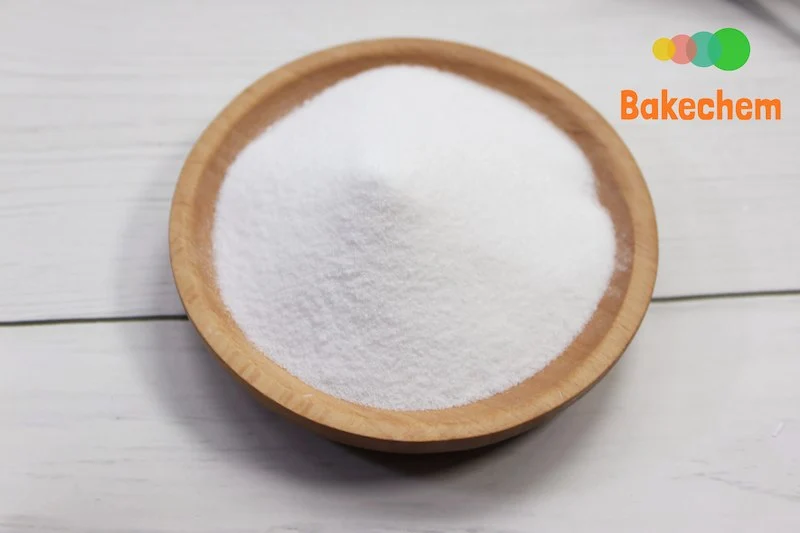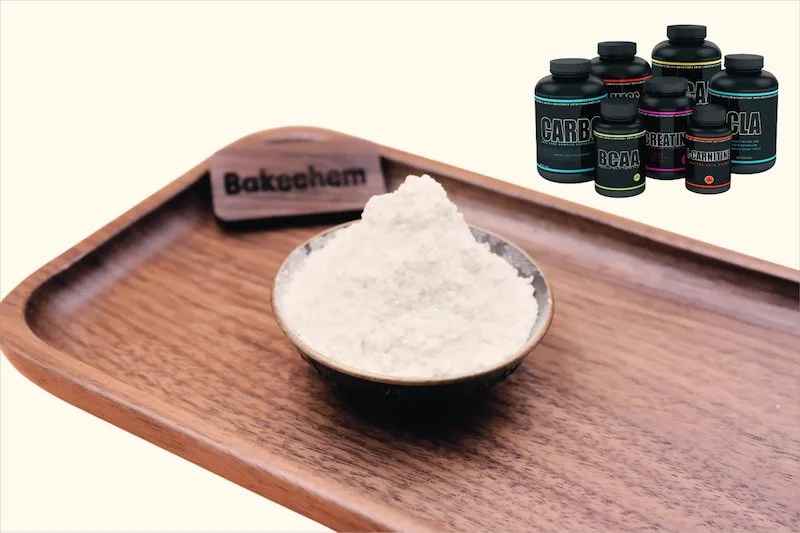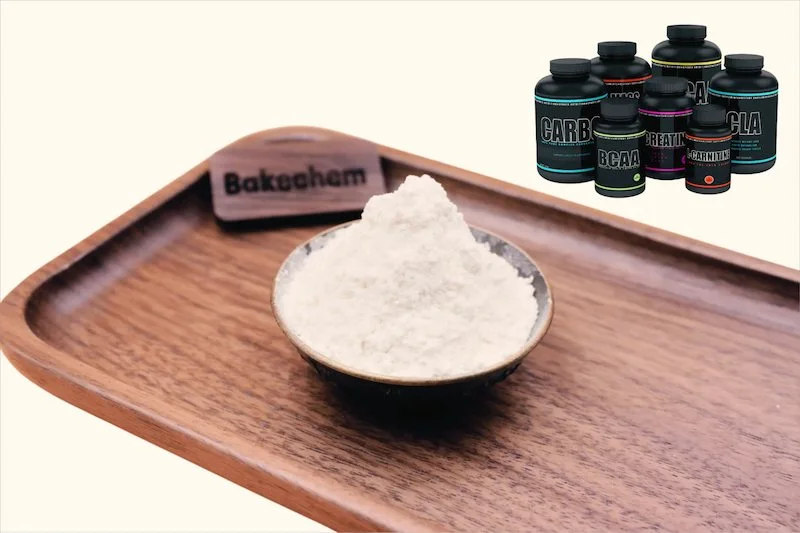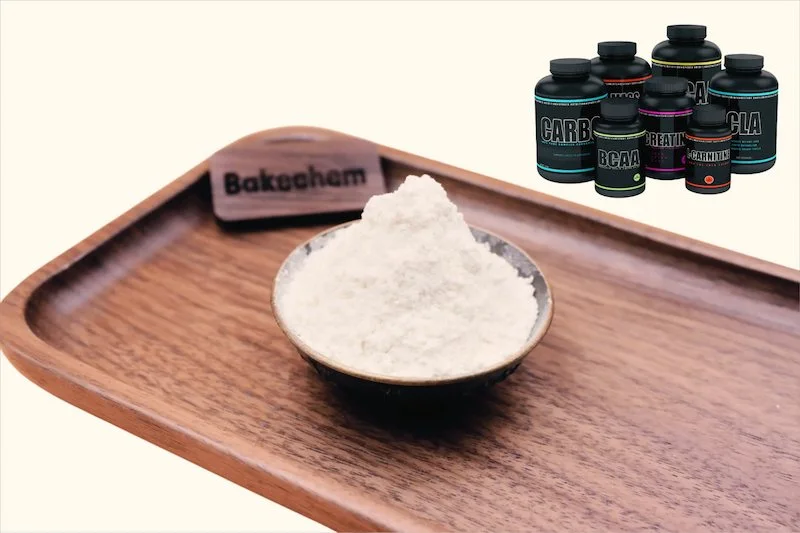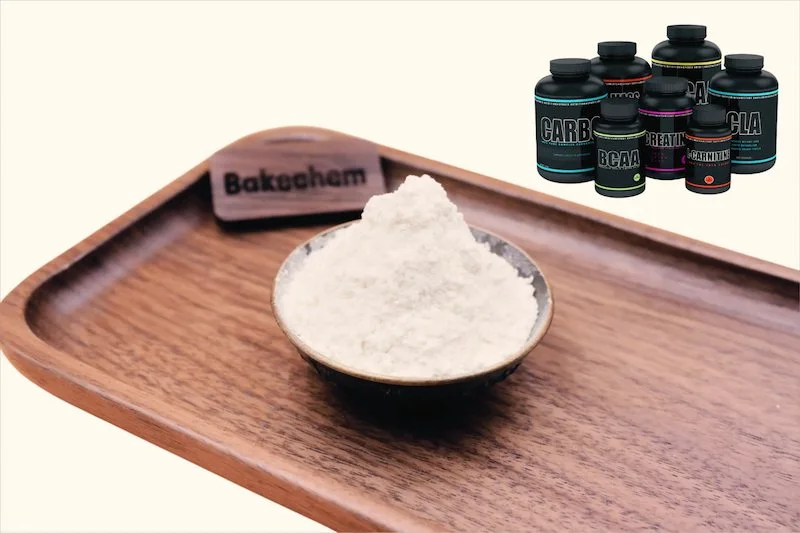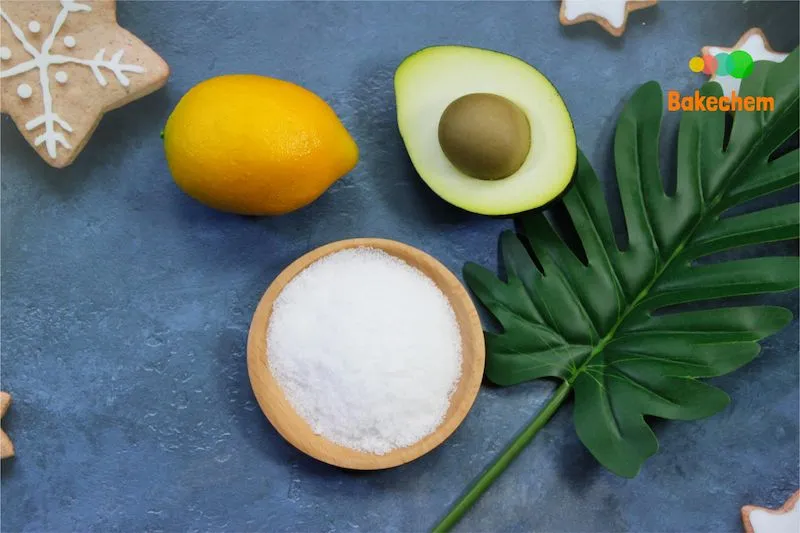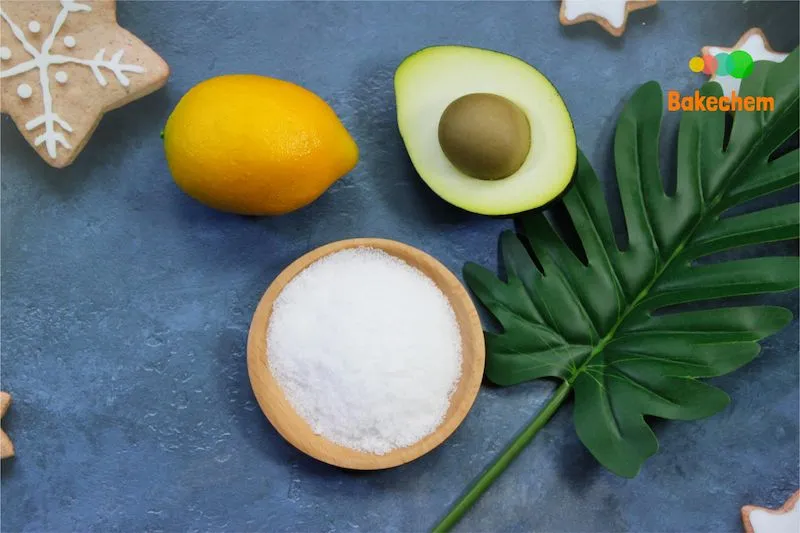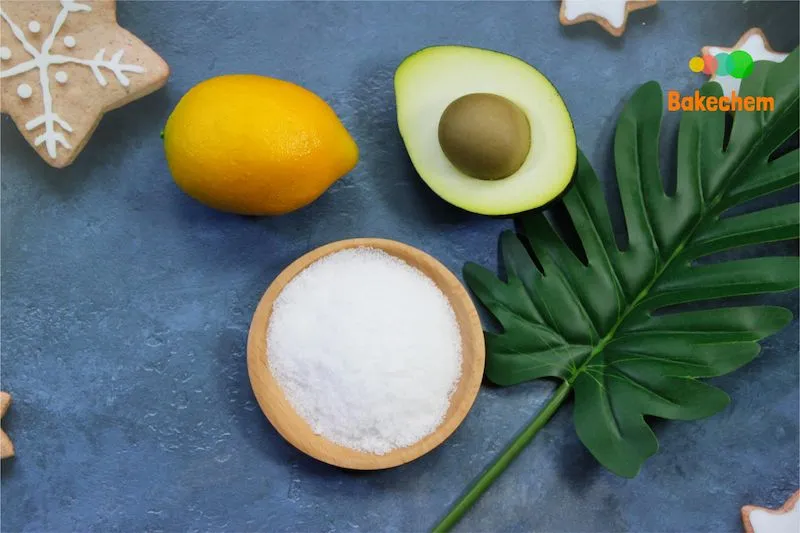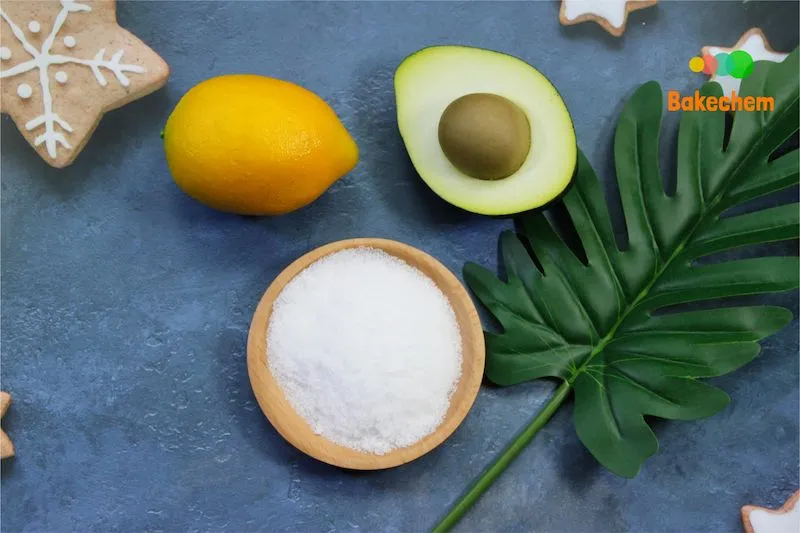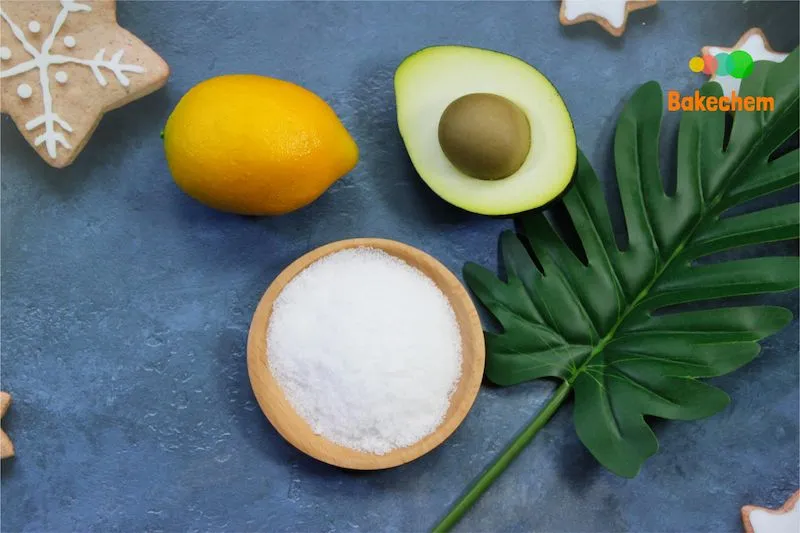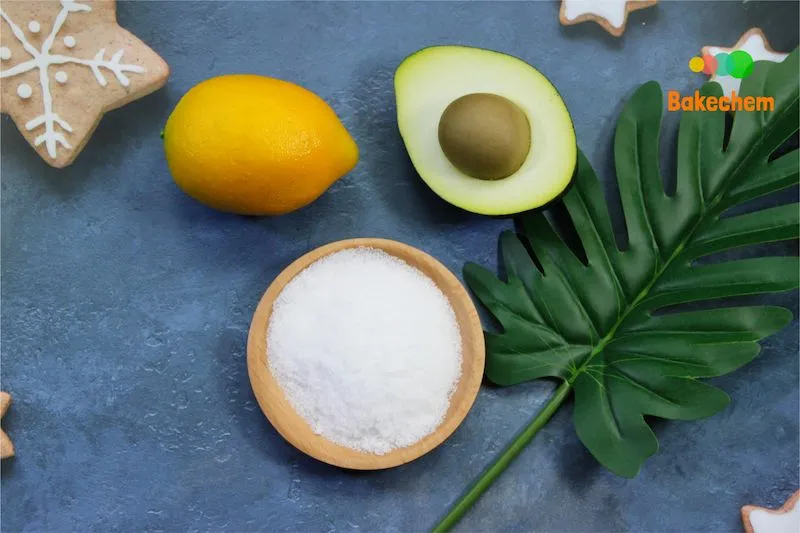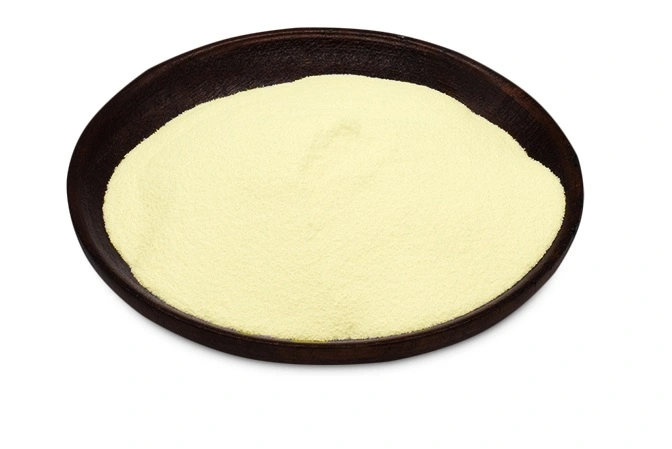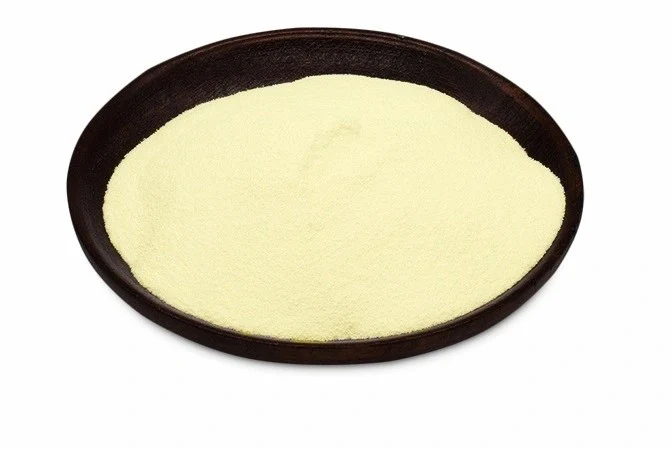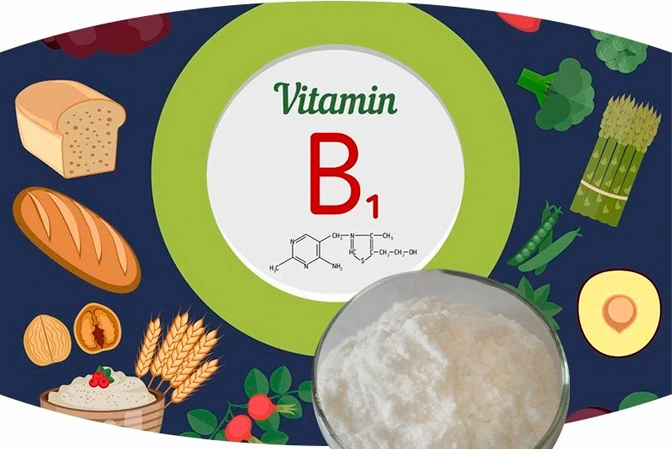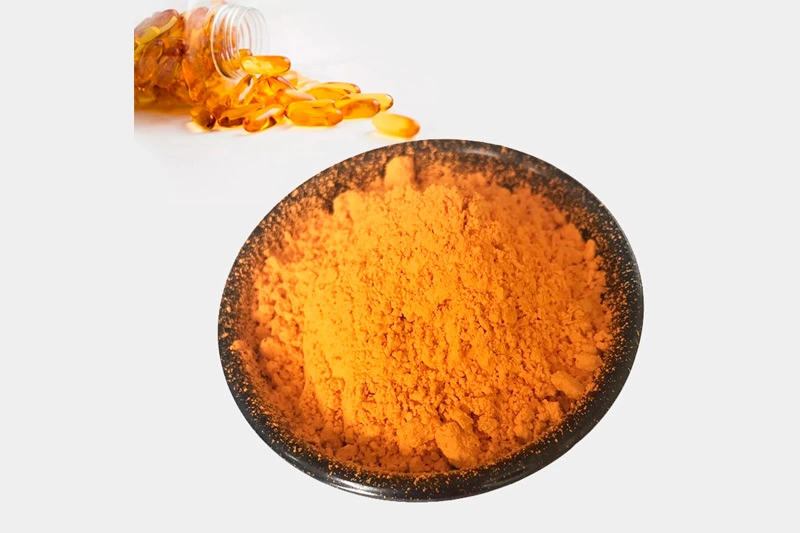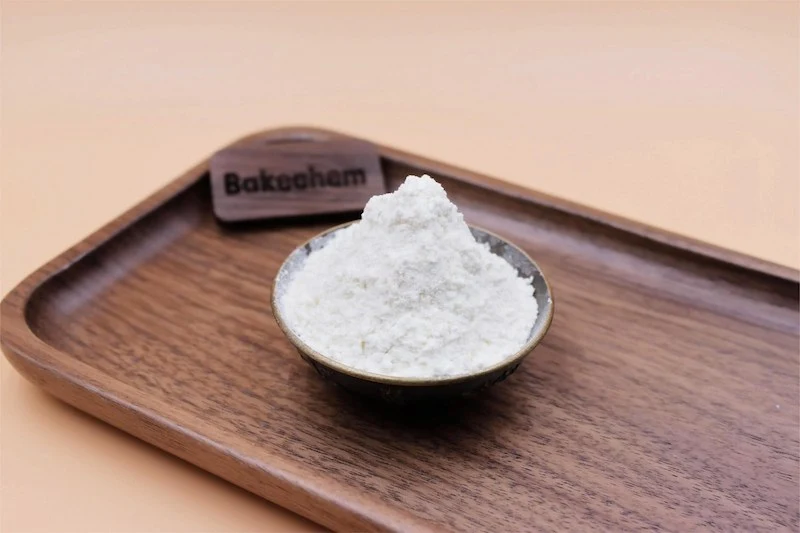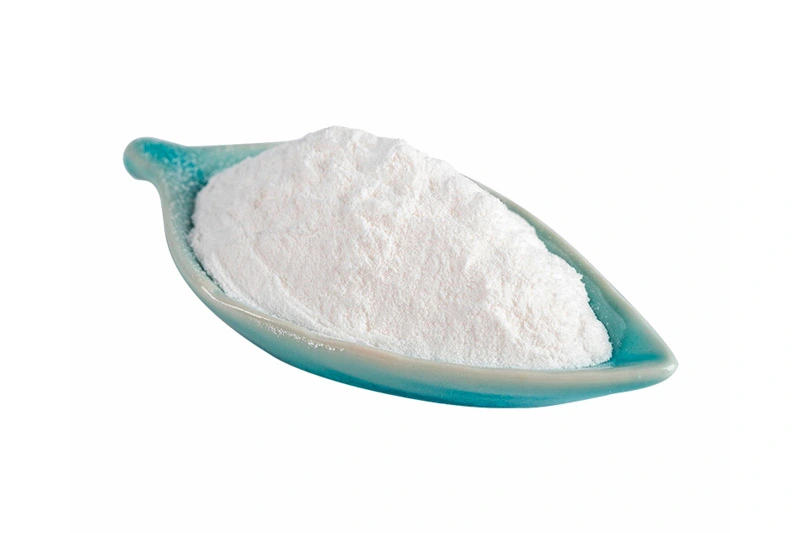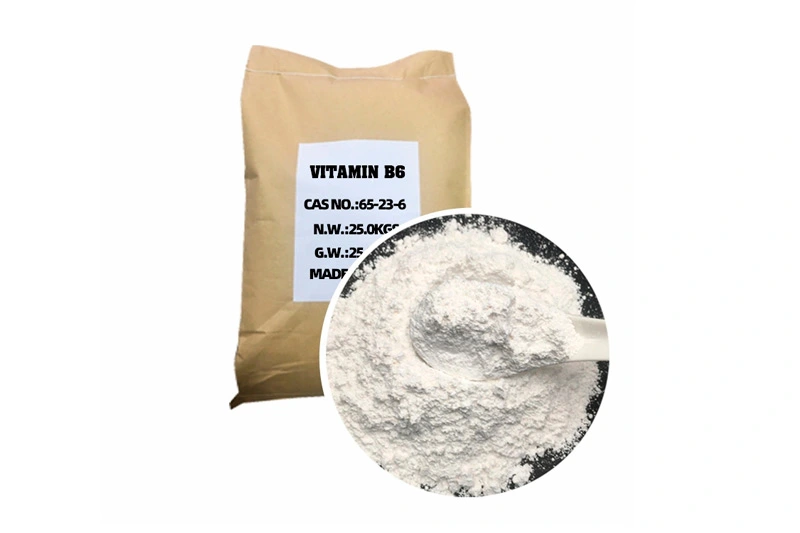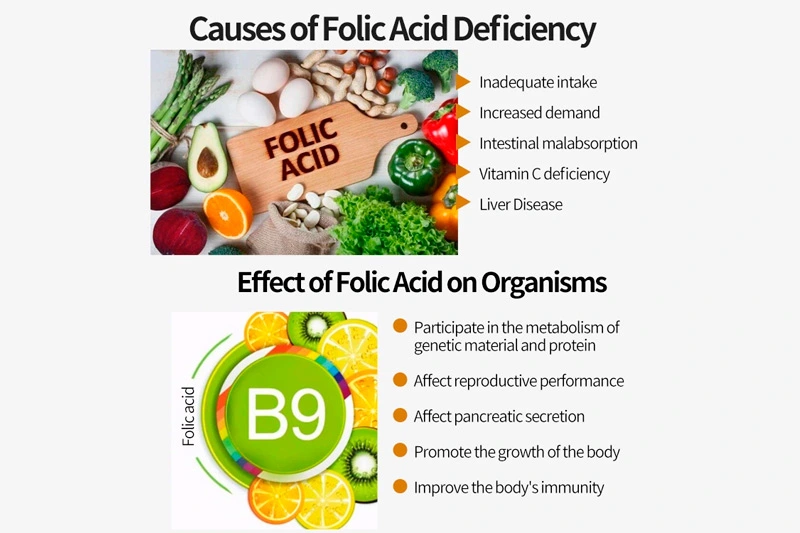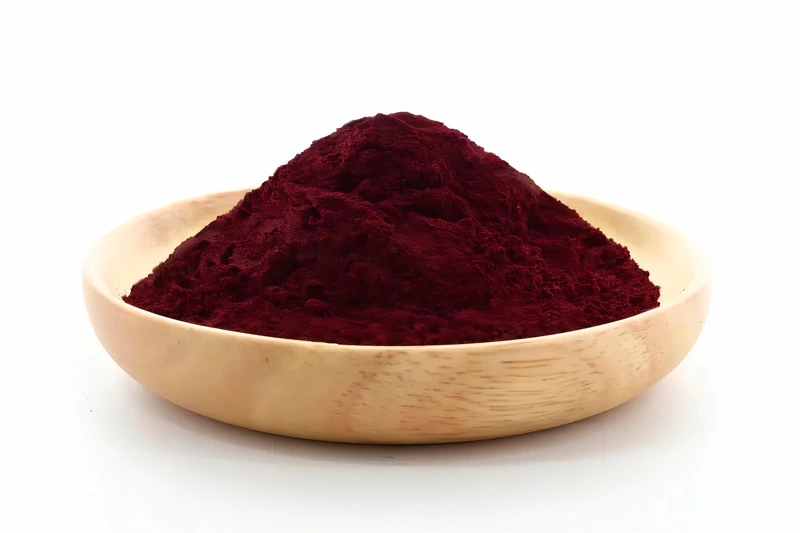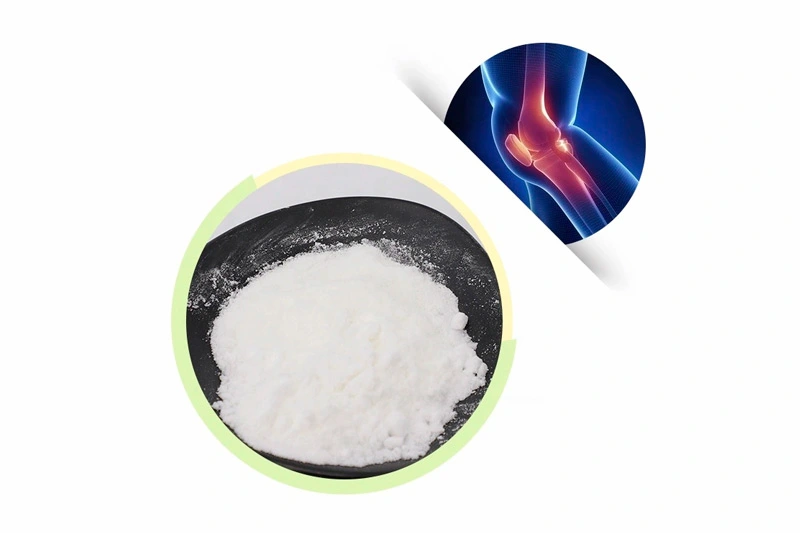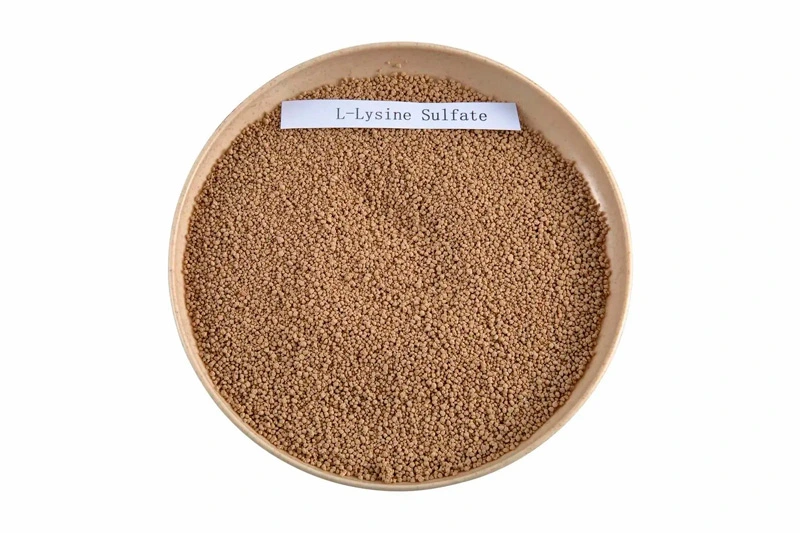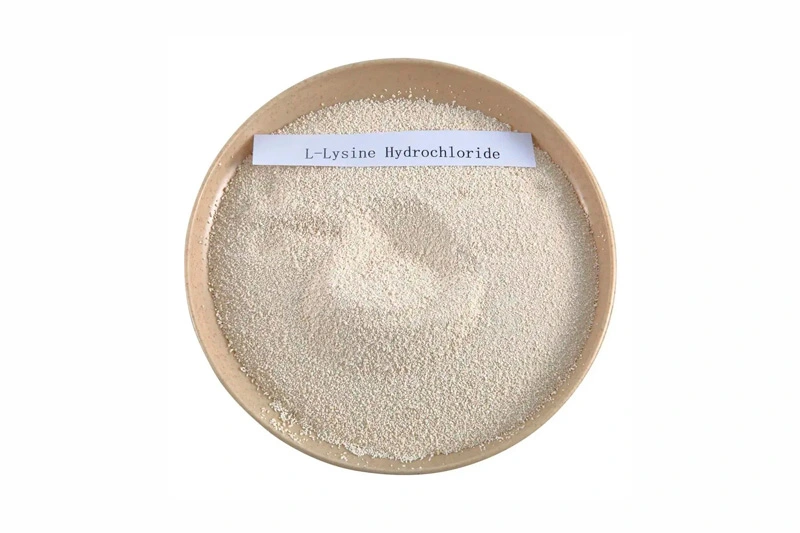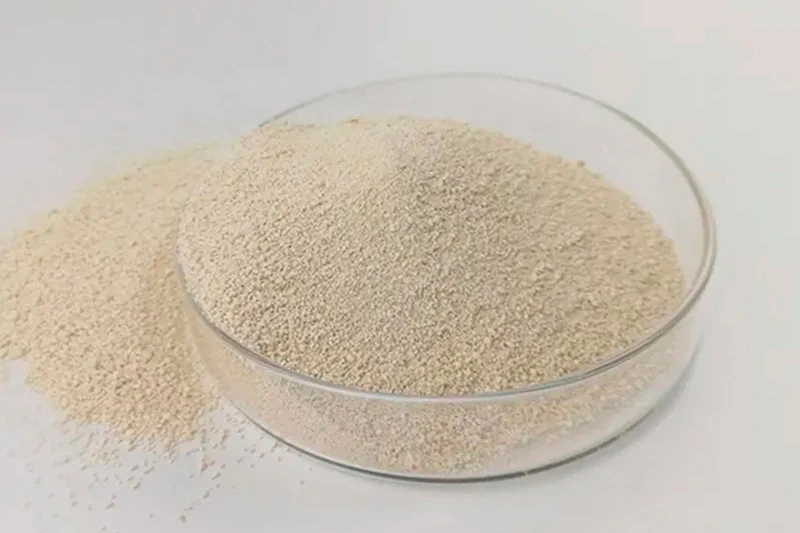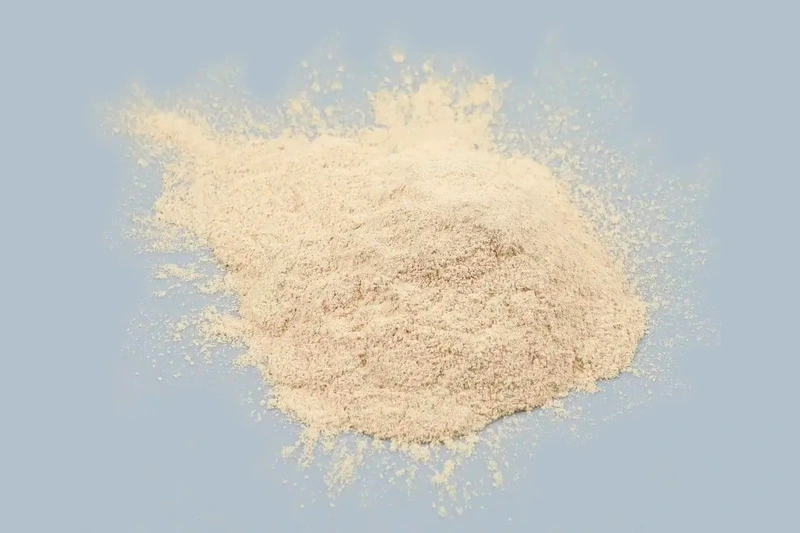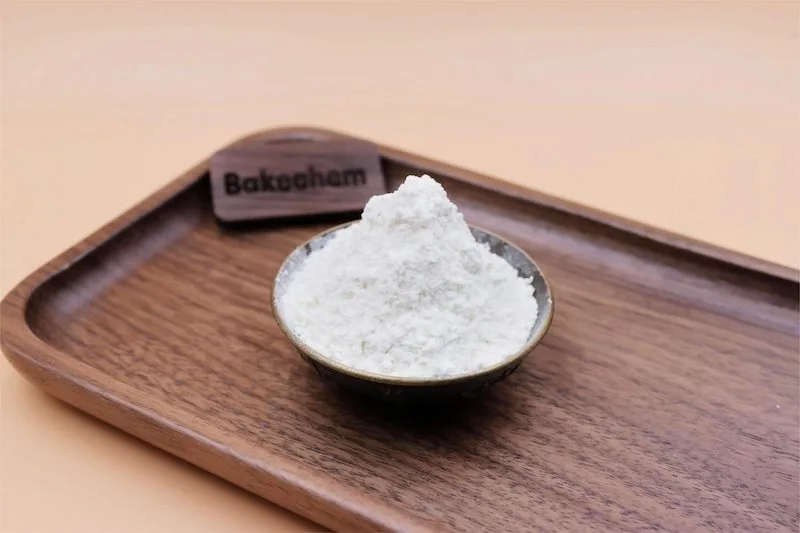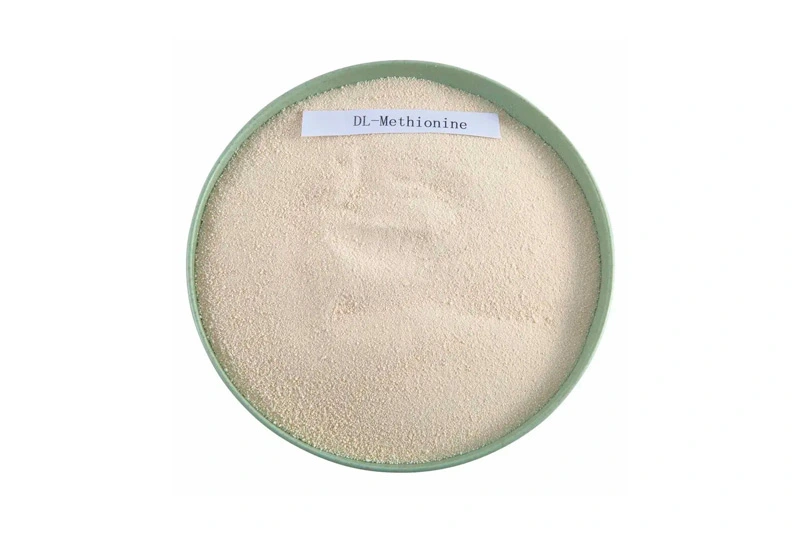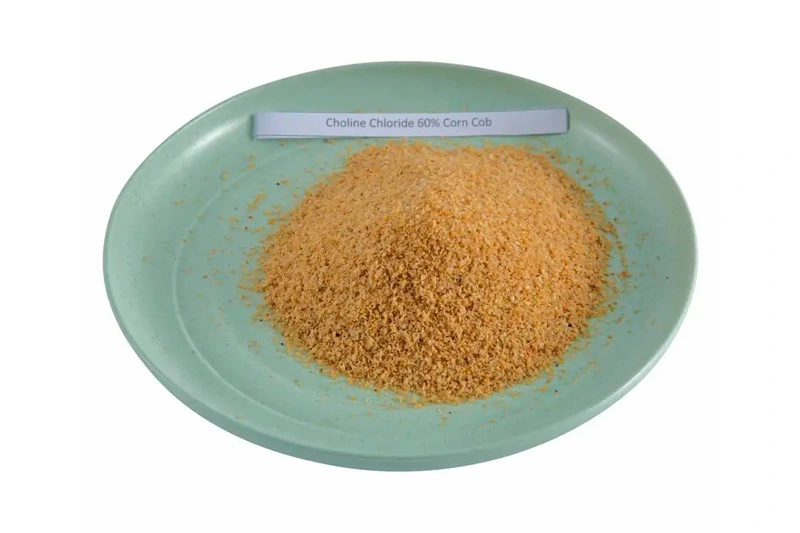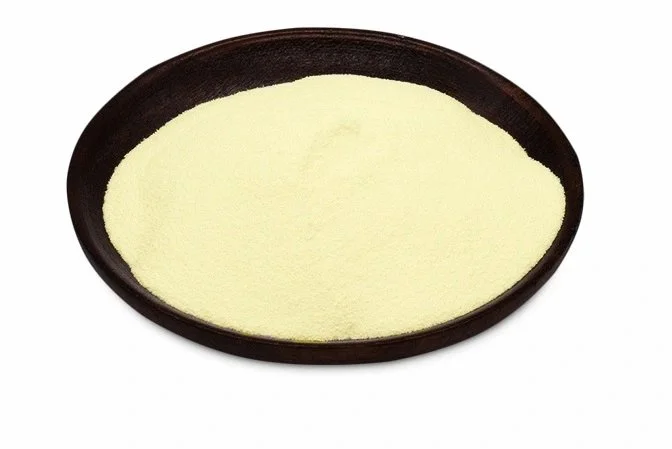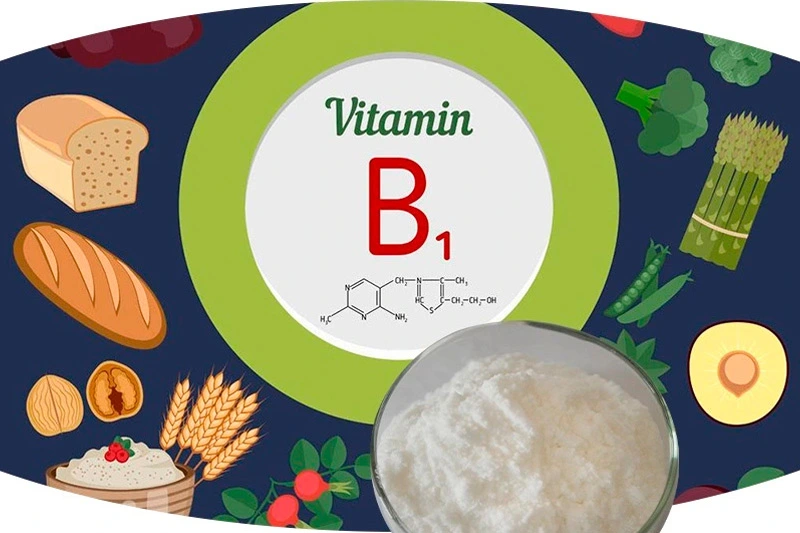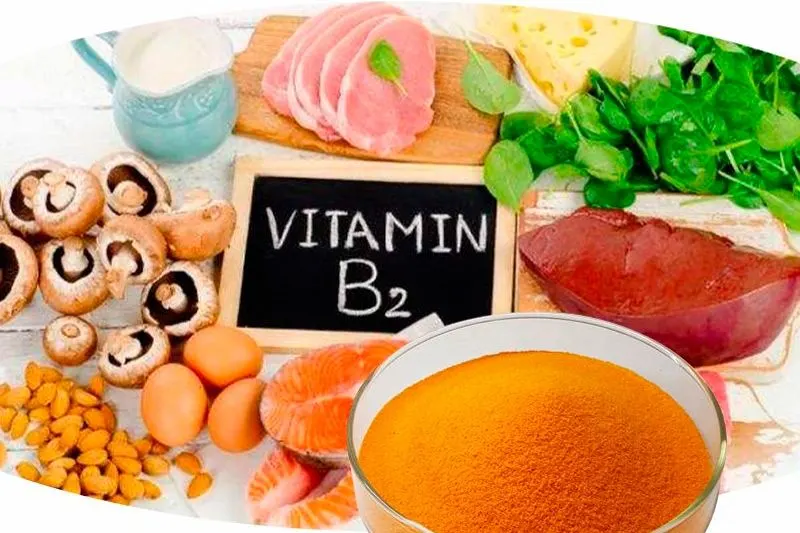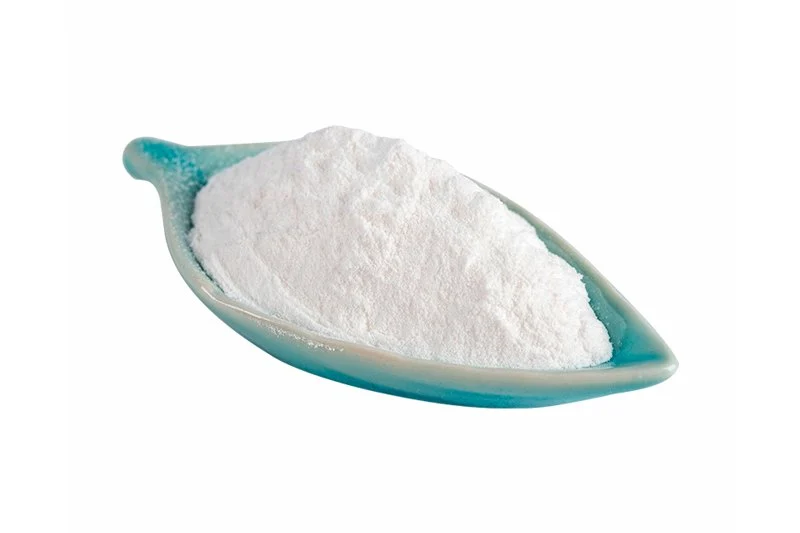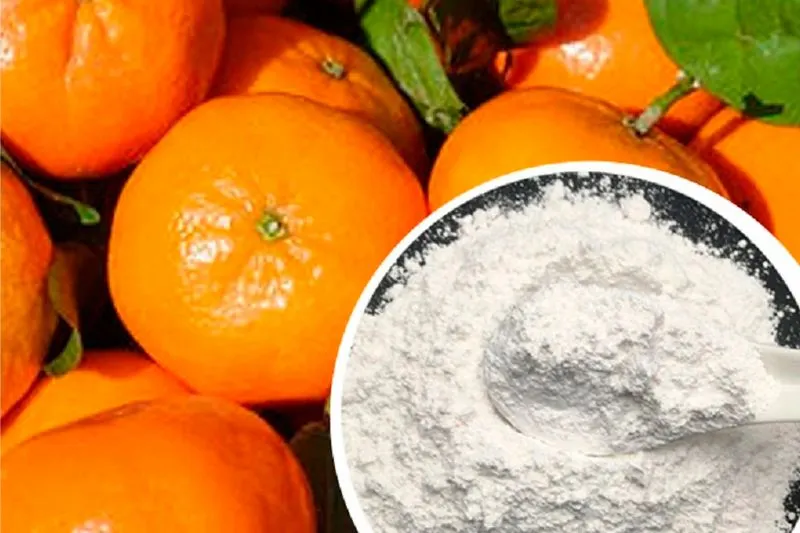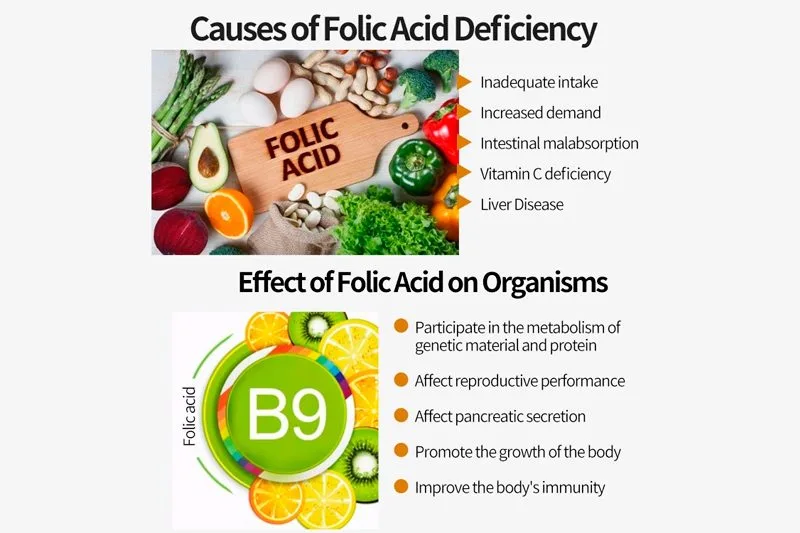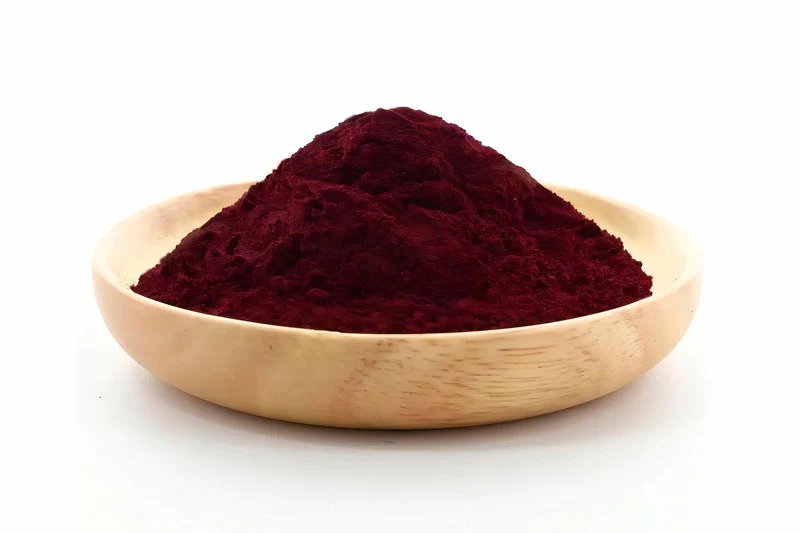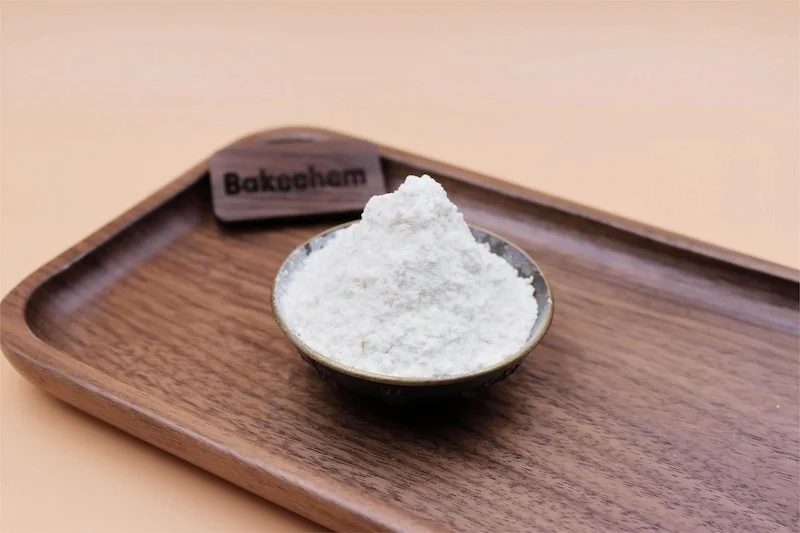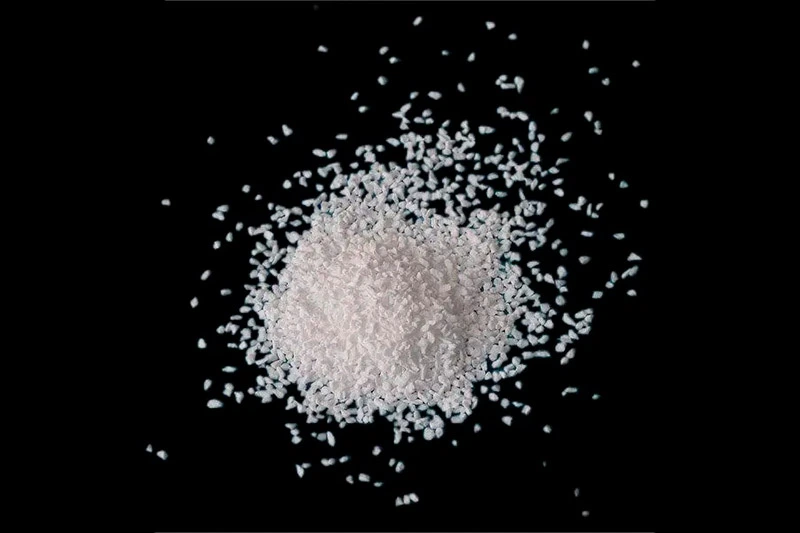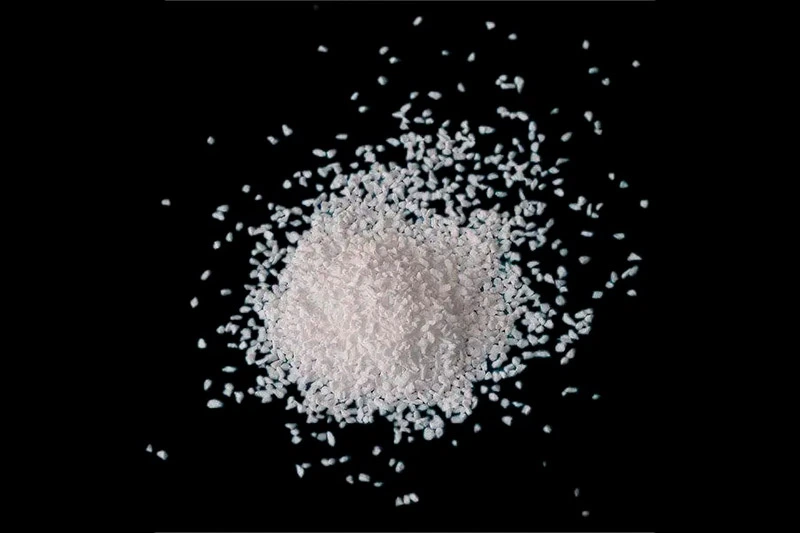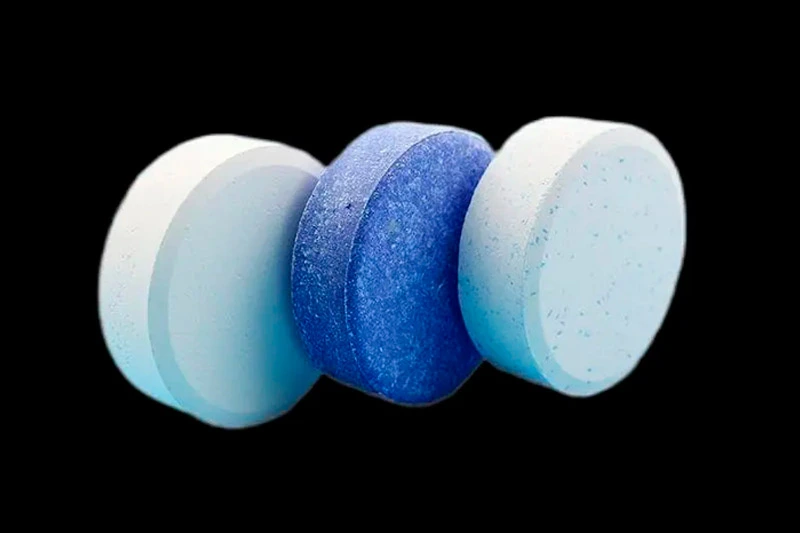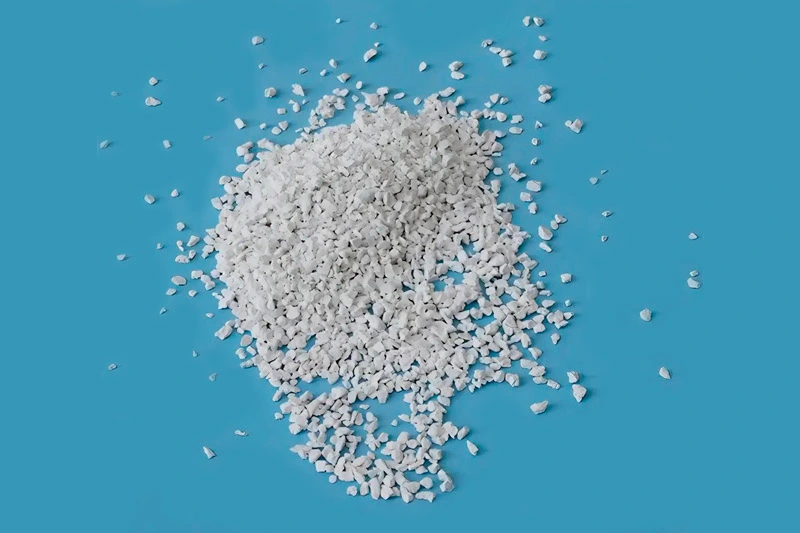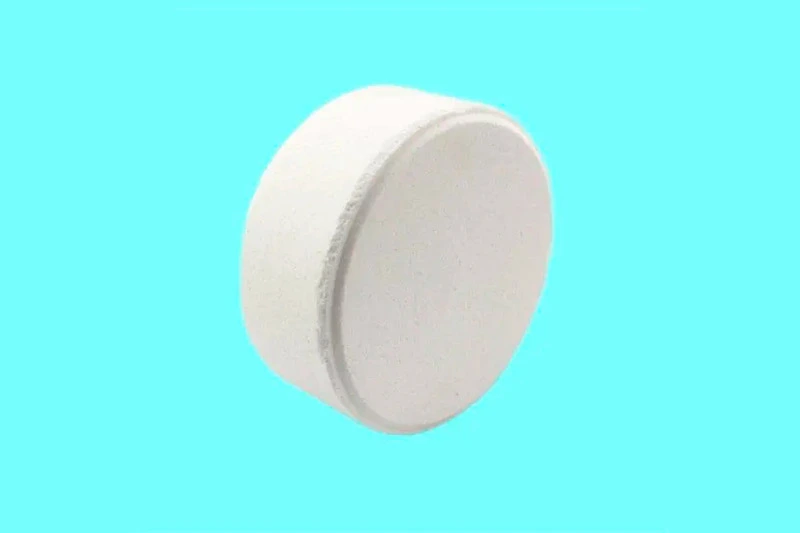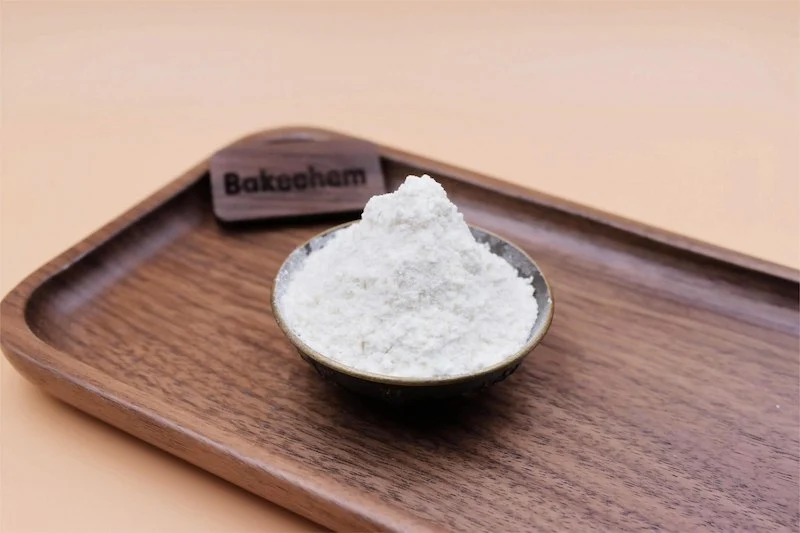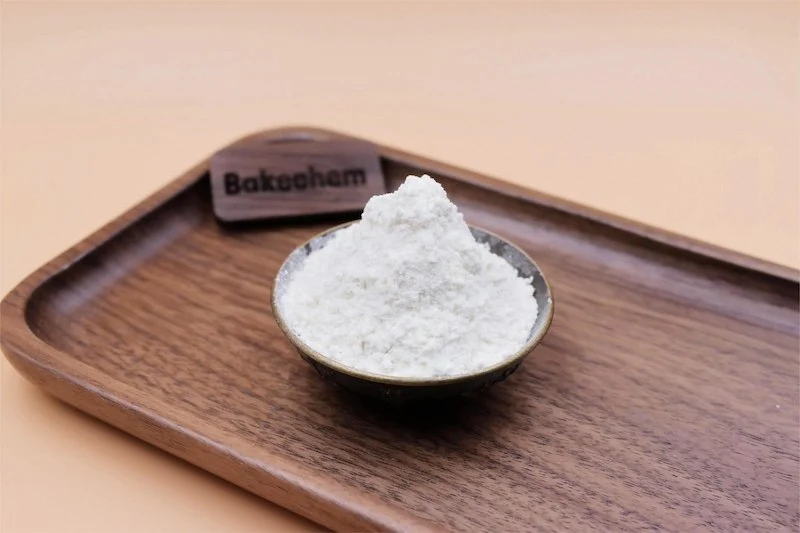Emulsifier 481 serves as a food additive, commonly used in high-fat baking and European pastries. Its primary function is to act as an emulsifier in food, aiding in the blending of oil and water components. In high-fat pastry and baked goods, Emulsifier 481 improves the stability of dough, making it easier to process and handle. Additionally, it contributes to enhancing the softness and texture of baked goods, adding to their overall flavor.
Specifications of SSL Sodium Stearoyl Lactylate Emulsifier 481
Item | Specification |
Appearacne | Ivory powder |
Acid value (mgKOH/g) | 60-80 |
Ester value(mgKOH/g) | 120-190 |
Total Lactic acid(%) | 23-34 |
Sodium content(%) | 3.5-5.0 |
Heavy Metals (as Pb) (mg/kg) | ≤ 10 |
ARSENIC (As) (mg/kg) | ≤ 3 |
LEAD (Pb) (mg/kg) | ≤2 |
Contact Bakechem emulsifier manufacturer for more solutions.
Sodium Stearoyl Lactylate SSL Emulsifier E481 Uses In Baking Ingredients
Bakechem's Sodium Stearoyl Lactylate (SSL) Emulsifier 481 is a highly versatile ingredient with numerous applications and benefits in baking. As a widely used food additive, SSL Emulsifier 481 performs a multitude of crucial functions in the baking industry. One of its primary roles is as a dough strengthener, providing improved stability and texture to various baked products. Particularly in yeast-raised items such as bread, rolls, and buns, SSL Emulsifier 481 works to enhance the dough consistency, enabling better volume and texture in the finished products.
In addition to its emulsification properties, which contribute to better dough handling and machinability, SSL Emulsifier 481 also plays a vital role in increasing the shelf life of baked goods. By enhancing moisture retention, baking additives help to ensure that products maintain their freshness and quality for an extended period, thus reducing product waste and improving overall consumer satisfaction.
Furthermore, the addition of SSL Emulsifier 481 aids in creating a finer crumb structure in baked items, resulting in a softer and more uniform texture. This contributes to the overall sensory appeal of the products, making them more enticing for customers. Whether used in bread, cakes, pastries, or other baked goods, the incorporation of SSL Emulsifier 481 from Bakechem acts as a quality-assurance measure, guaranteeing a high standard of excellence in the final products.
Overall, Bakechem's Sodium Stearoyl Lactylate (SSL) Emulsifier 481 is an indispensable ingredient for bakers and food manufacturers, providing a multitude of benefits for improving the quality, texture, and shelf life of a diverse range of baked products.
What is the role of emulsifier 481 in high-fat baking and European food additives?
How does emulsifier 481 improve the mixing tolerance and volume of processed foods?
Emulsifier 481 enhances the mixing tolerance and volume of processed foods by playing a crucial role in emulsification and stabilization during high-fat baking. Firstly, its emulsifying action facilitates the easy blending of oil and water, forming a stable mixture. This aids in preparing a more even and smooth dough or pastry mix. Secondly, Emulsifier 481 stabilizes air bubbles, contributing to better fluffiness and volume in pastries and baked goods. By providing a more stable emulsion and dough structure, this emulsifier makes baked products more prone to expansion, thereby increasing their texture and flavor.
What role does emulsifier 481 play in food?
Emulsifier 481 serves as an emulsifying agent, stabilizer, and enhancer of food structure. Acting as an emulsifier, it helps form a stable emulsion between water and oil, ensuring a more uniform mixture and preventing separation. In high-fat foods such as pastries, Emulsifier 481 improves the texture of the dough, making it easier to handle and process. Furthermore, it enhances the taste and maintains the freshness of baked goods.
Is sodium stearoyl lactylate SSL emulsifier e481 dairy
No, sodium stearoyl lactylate (SSL) emulsifier E481 is not necessarily dairy-derived. While one source for lactic acid can be milk, SSL can also be produced using vegan-friendly ingredients:
Lactic Acid: This component can come from milk fermentation or be produced from various sugars through fermentation with lactic acid bacteria.
Stearic Acid: This fatty acid can be derived from animal fats, but it's also commonly obtained from plant sources like vegetable oils through a process called hydrogenation.
Therefore, SSL can be vegan depending on the manufacturing process. If you're unsure about a specific product, look for a vegan certification or contact the manufacturer to confirm the origin of their SSL.
Is sodium stearoyl lactylate SSL emulsifier e481 vegan
Yes, sodium stearoyl lactylate (SSL) emulsifier E481 can be vegan, but it depends on the source of its ingredients:
Vegan-friendly SSL: Most commercially produced SSL is likely vegan because:
Lactic Acid: This component can be, and often is, derived from plant-based sugars through fermentation with bacteria. This is a much cheaper and more efficient method than using dairy.
Stearic Acid: This fatty acid is commonly obtained from vegetable oils (palm, soy, corn) through a process called hydrogenation.
Non-vegan SSL (less common):
Lactic Acid: In rare cases, lactic acid could be sourced from milk fermentation.
Stearic Acid: While less common, stearic acid can be derived from animal fats (tallow).
Therefore, SSL is generally considered vegan. However, if you're strictly vegan and want to be certain, here are some tips:
Look for a vegan certification label on the product.
Contact the manufacturer to confirm the origin of their SSL ingredients.

